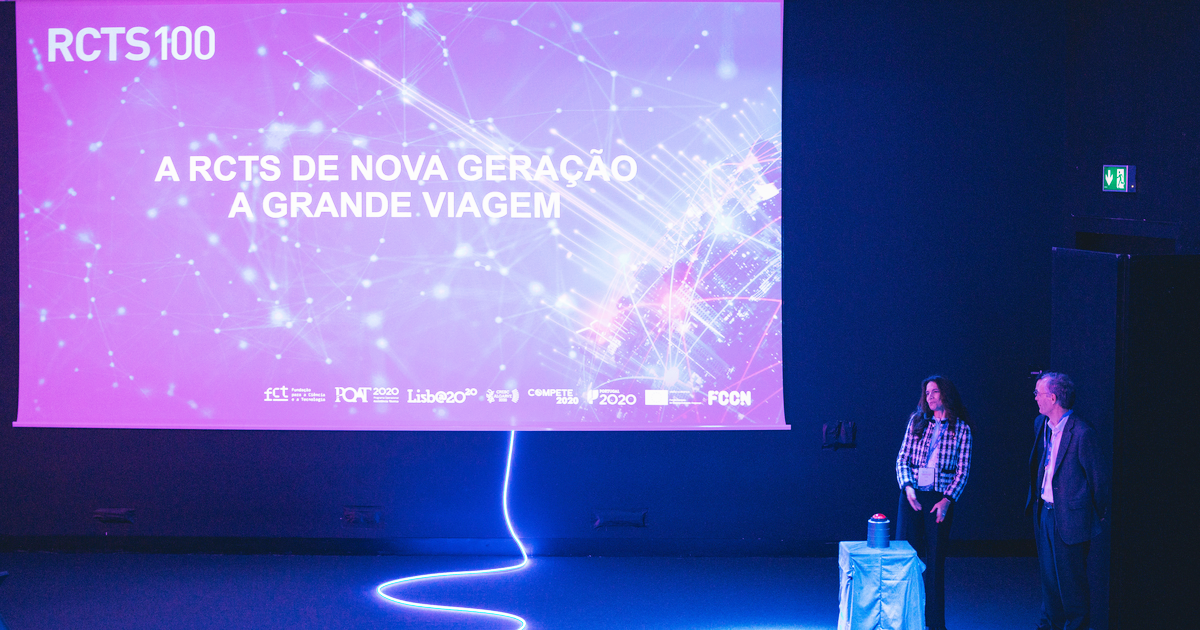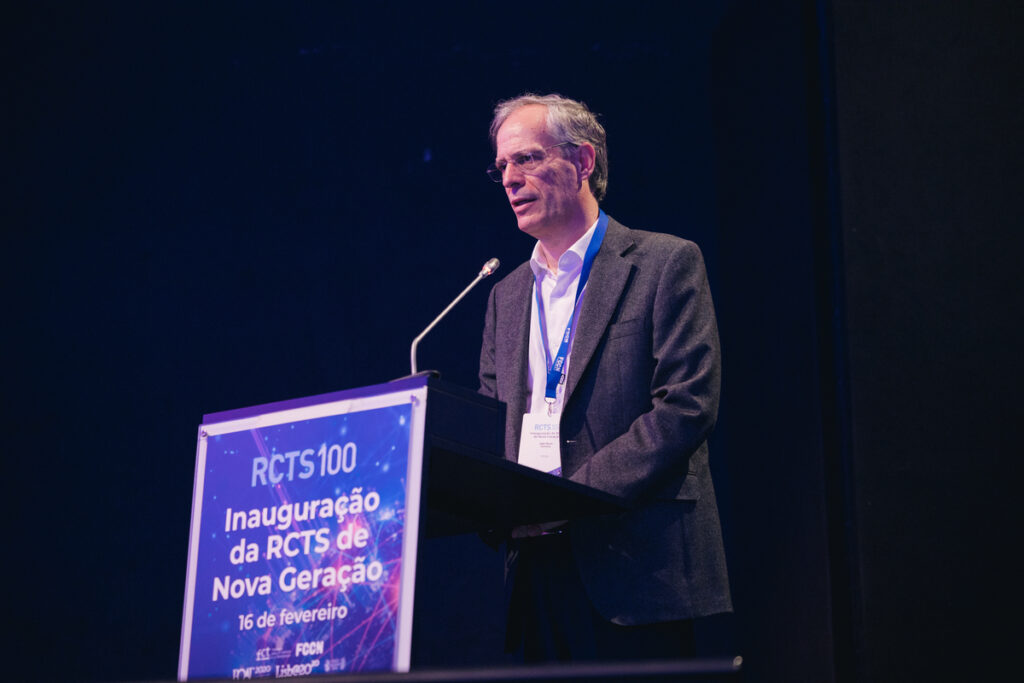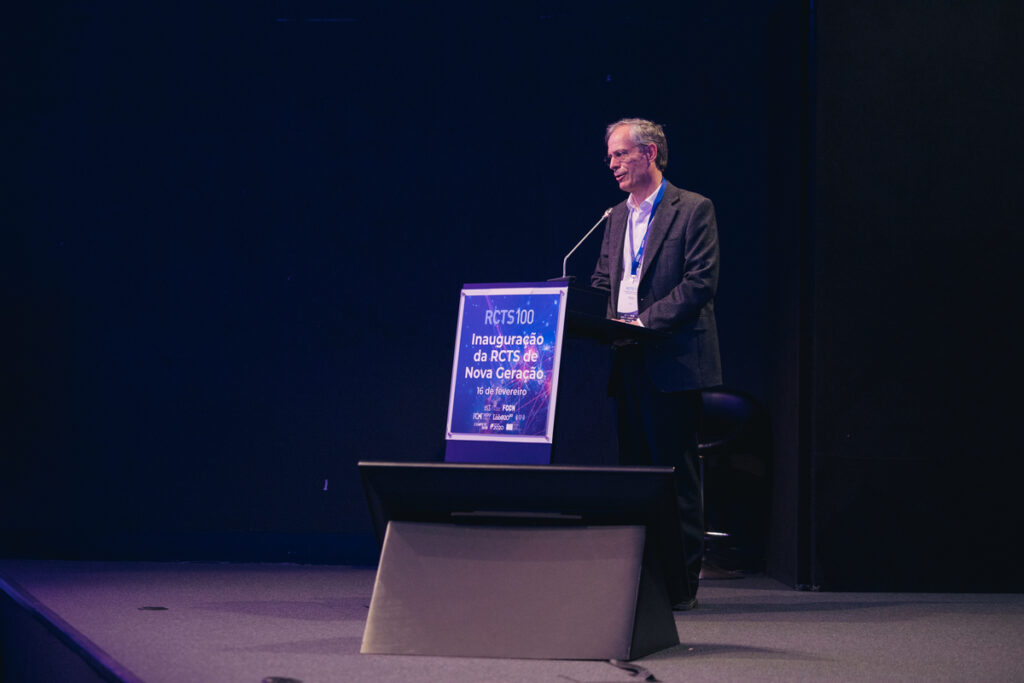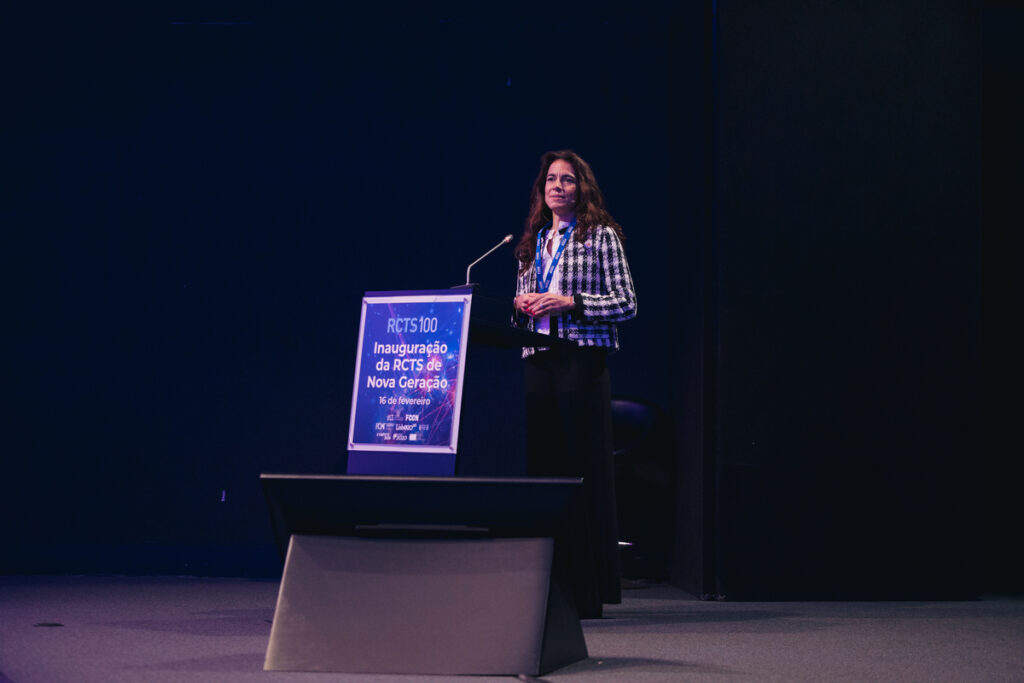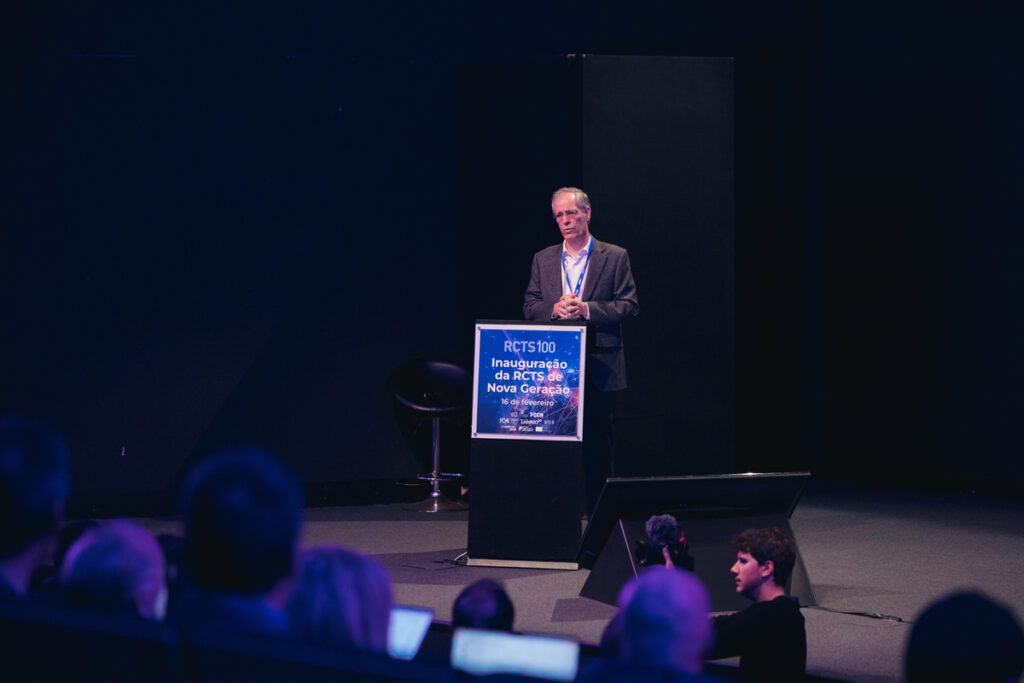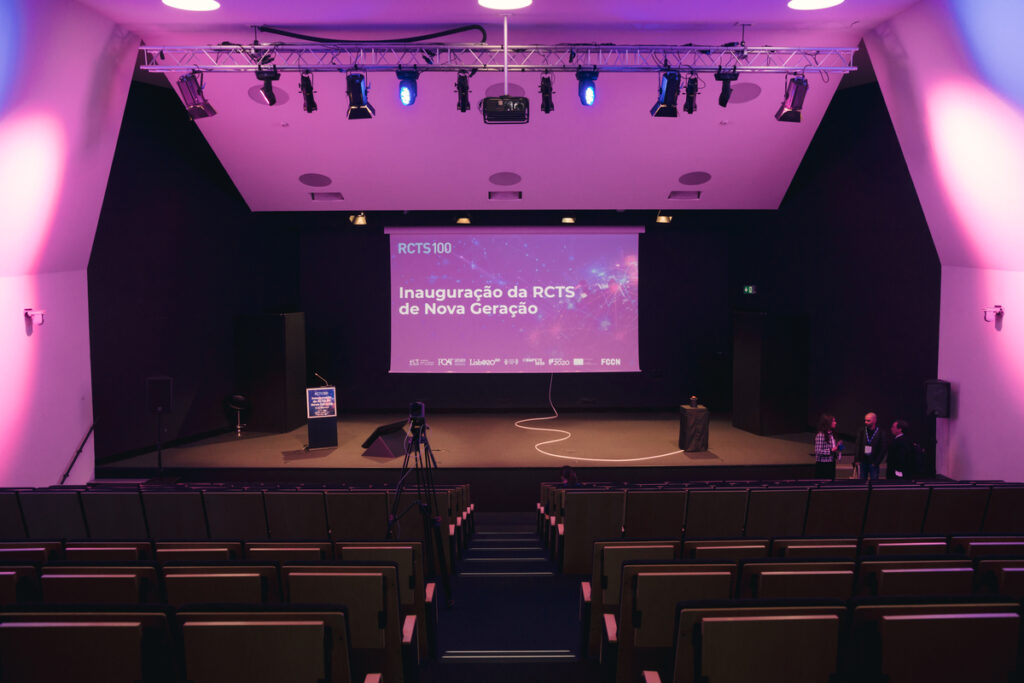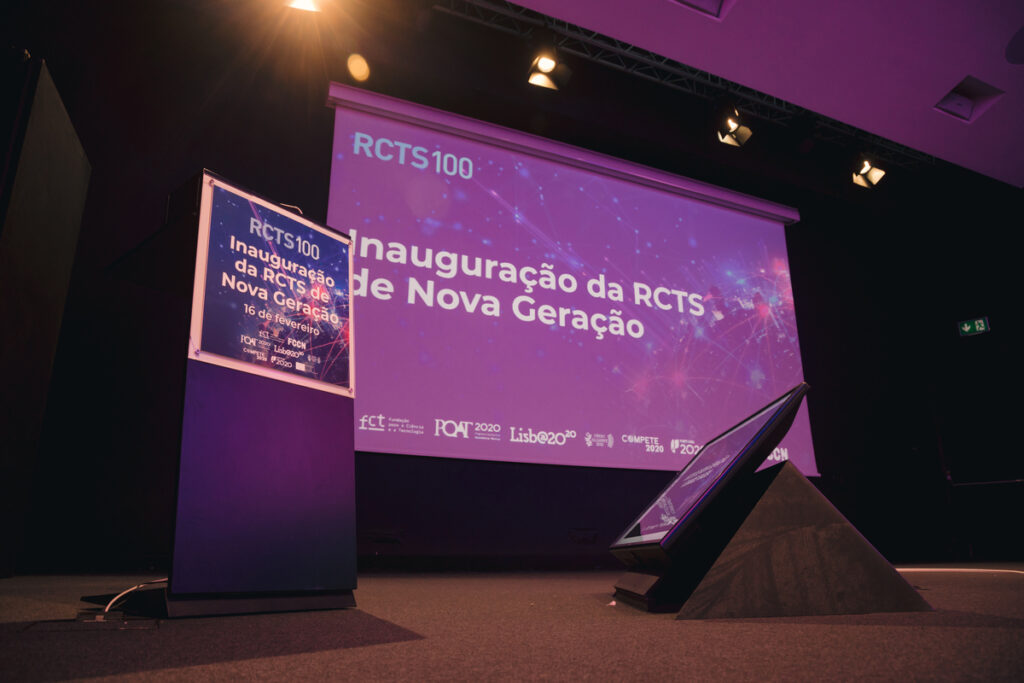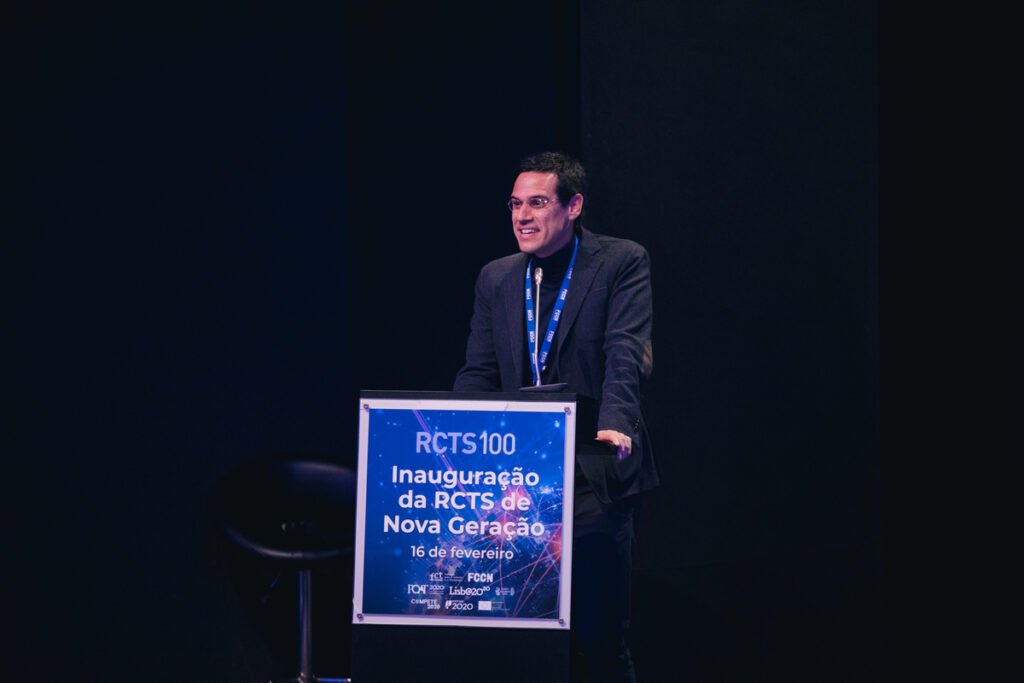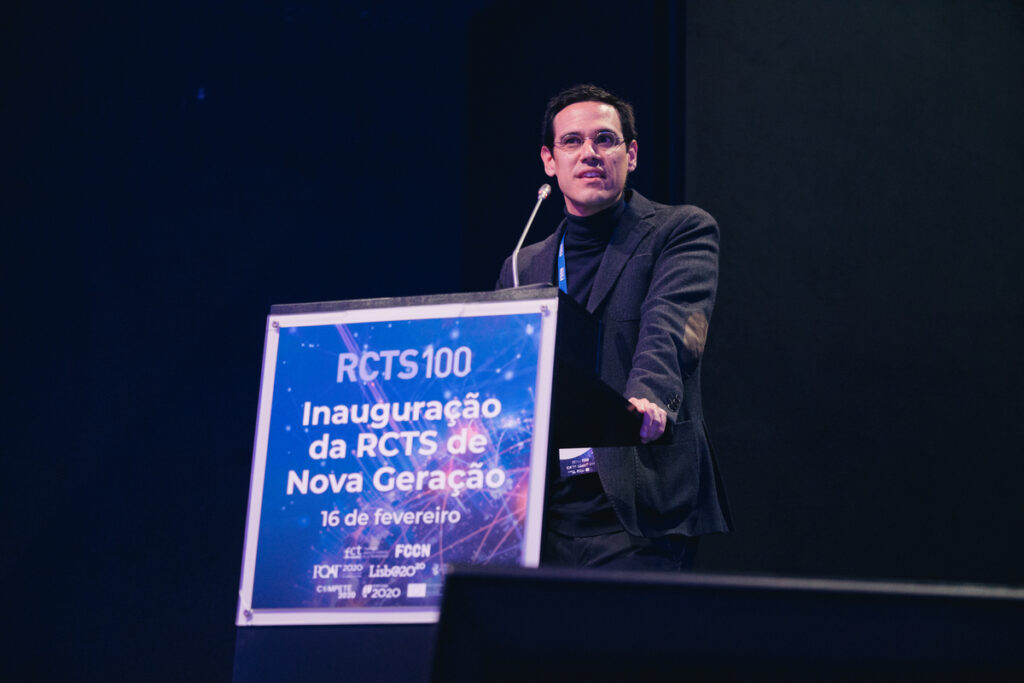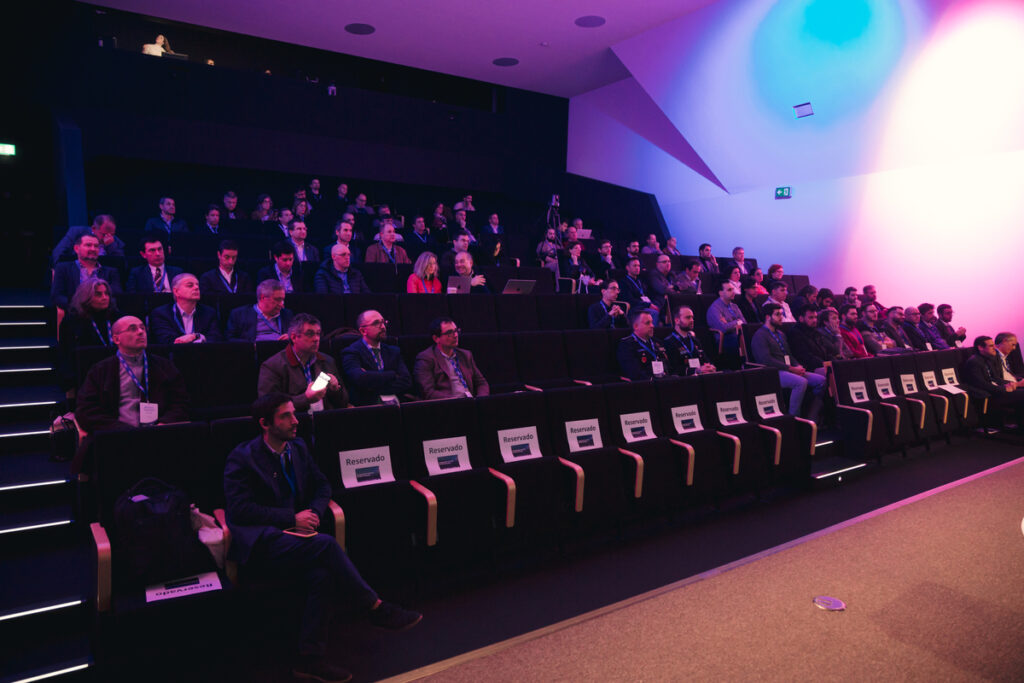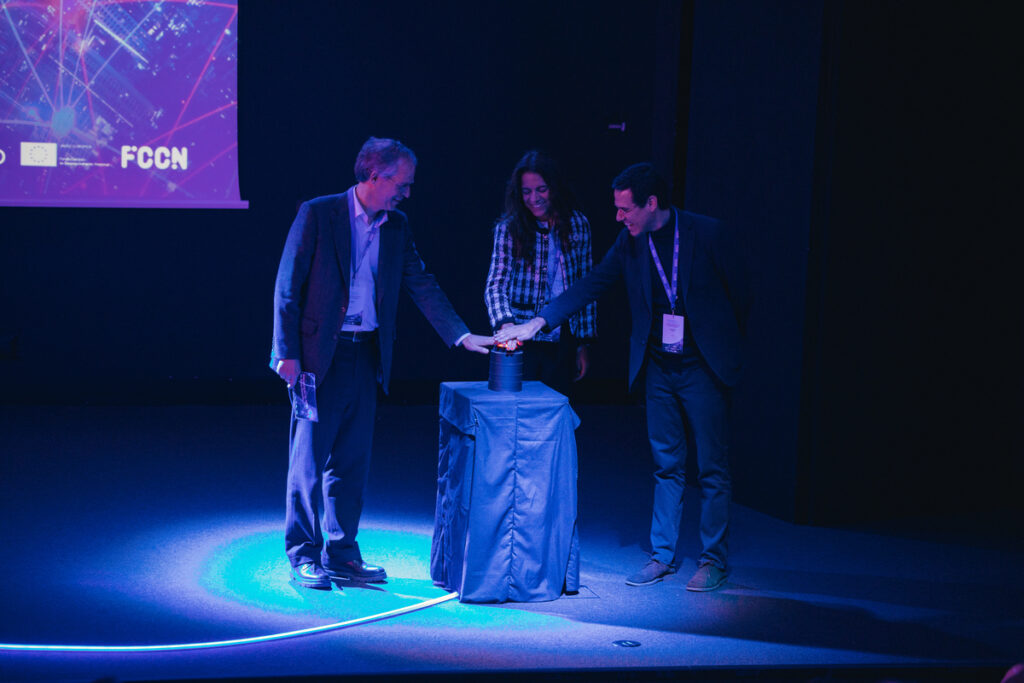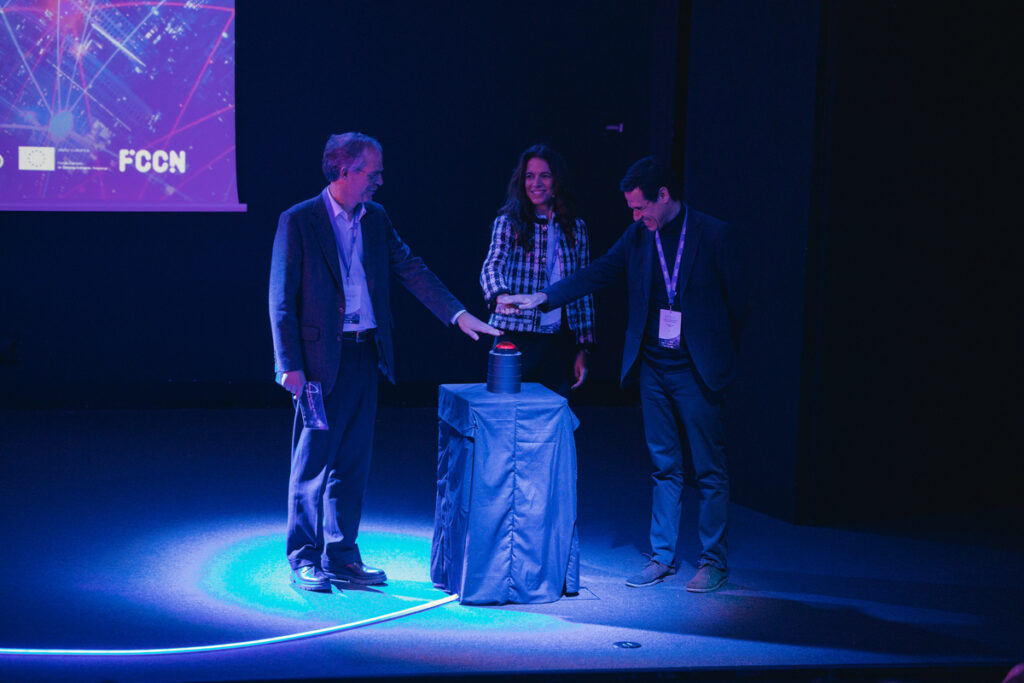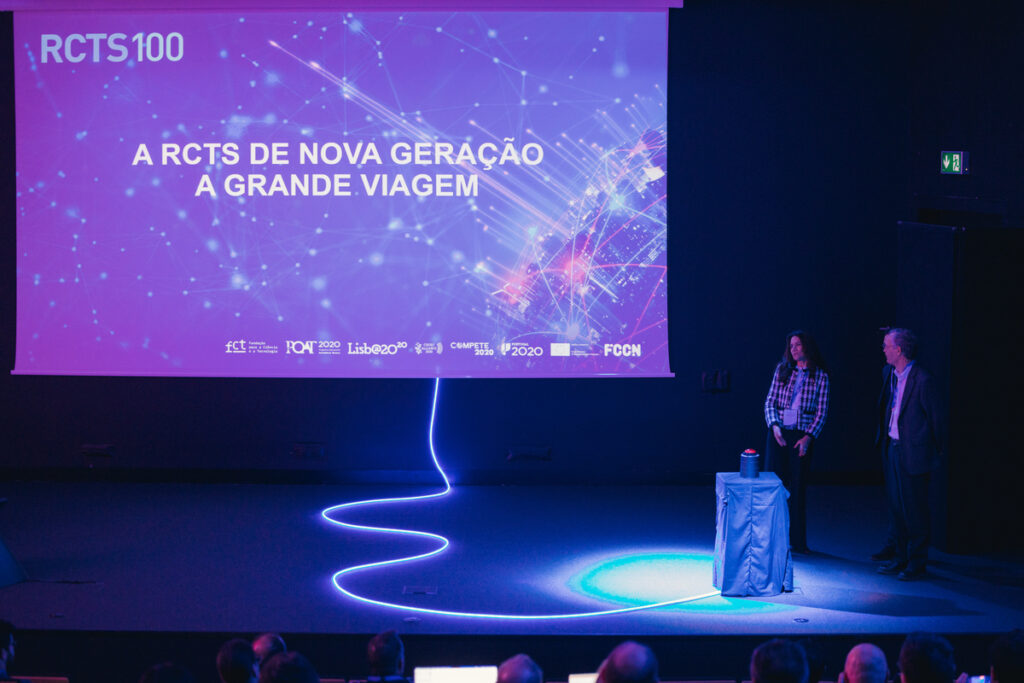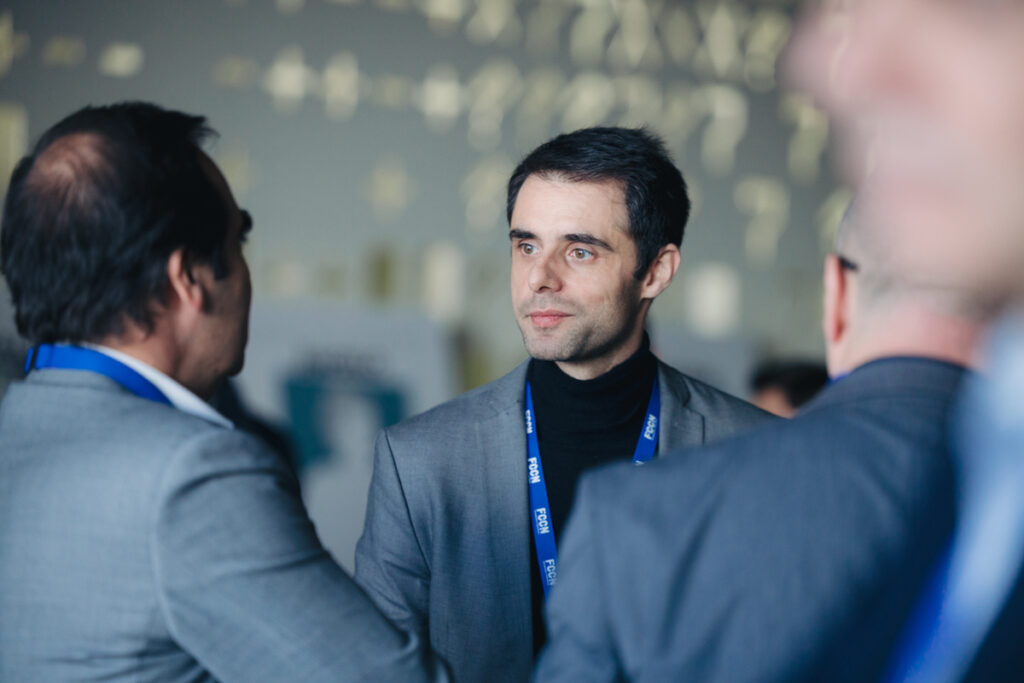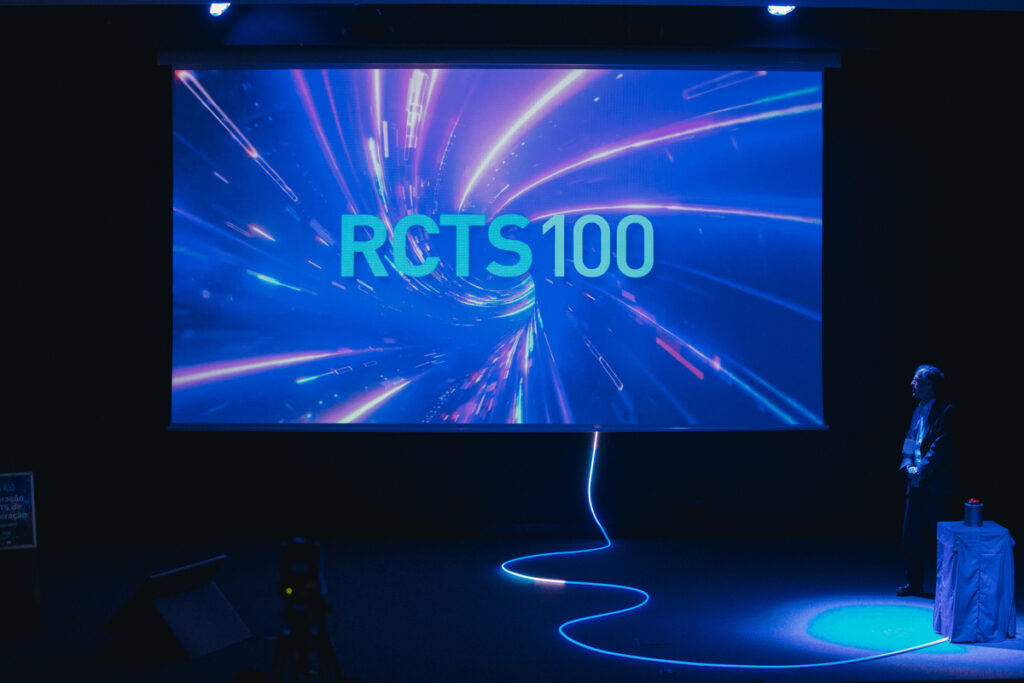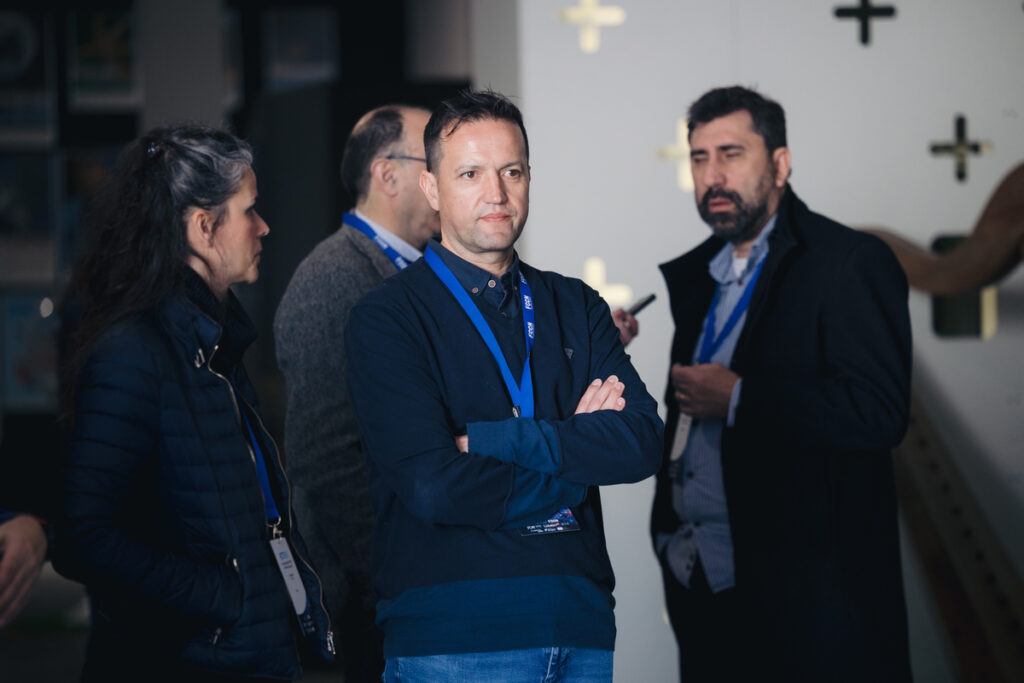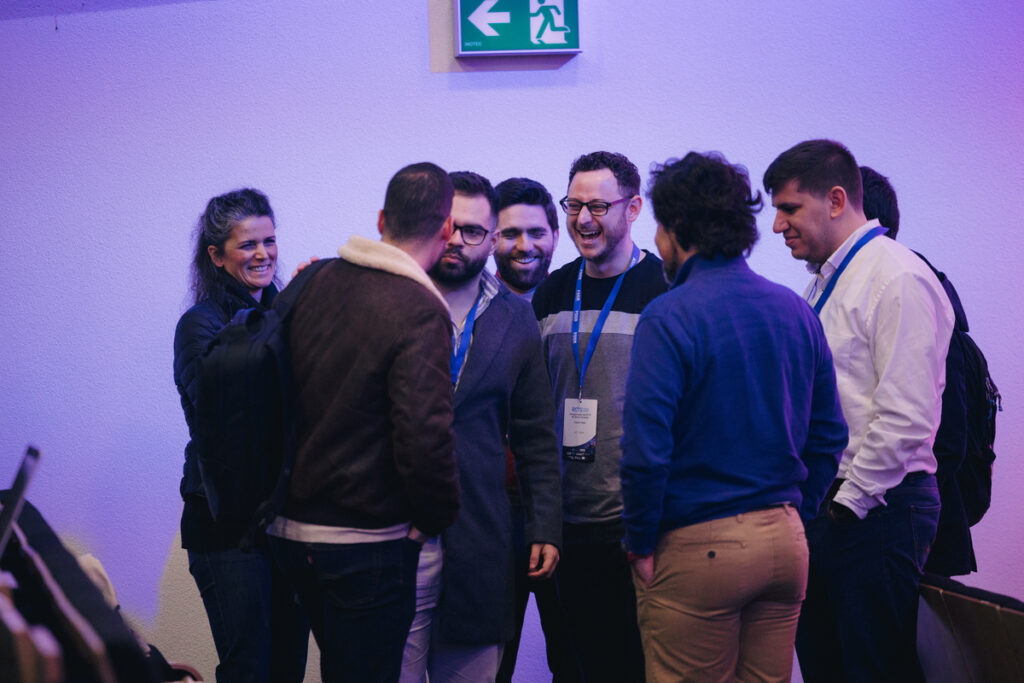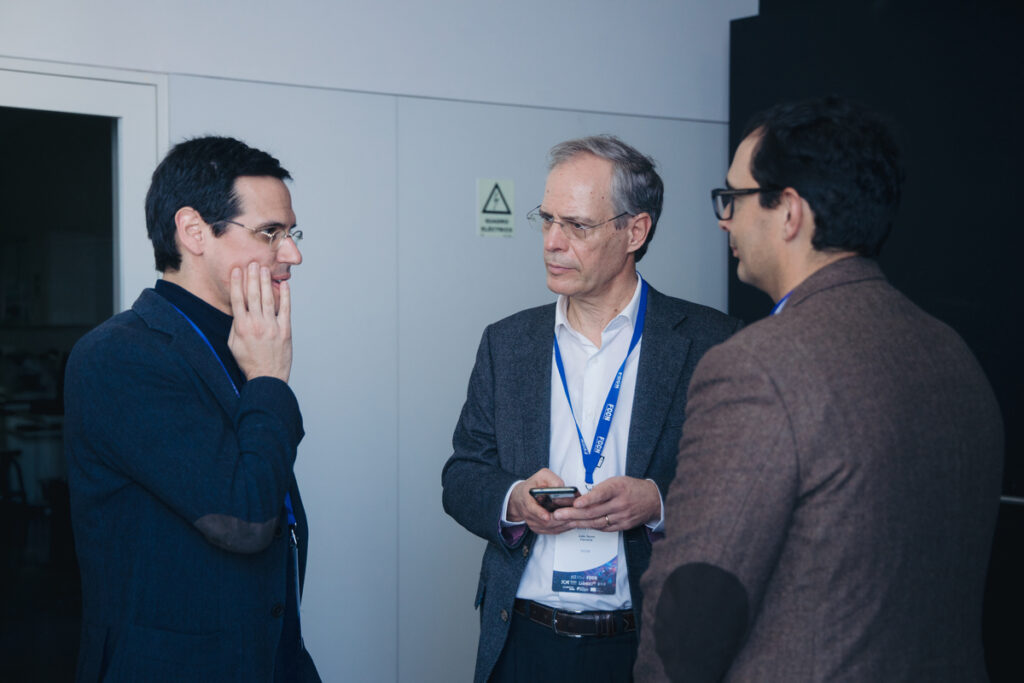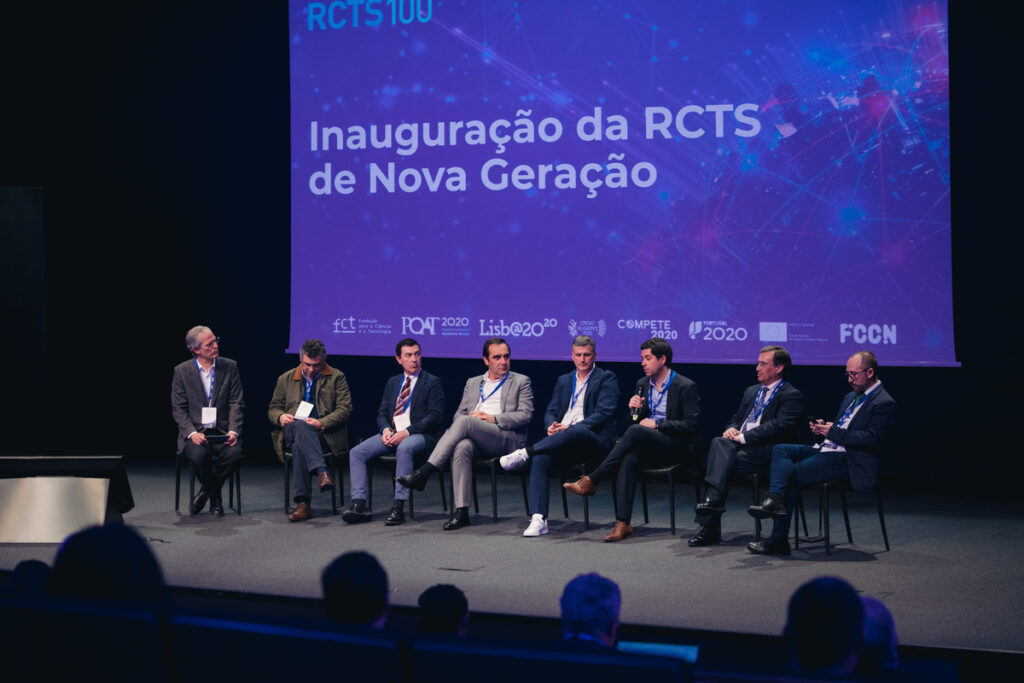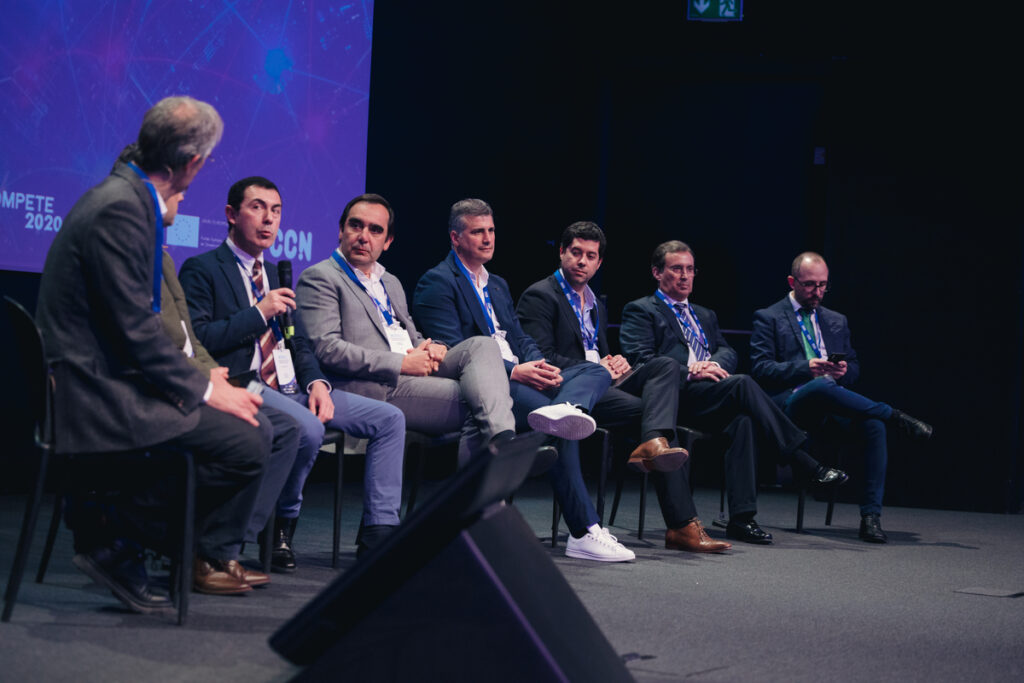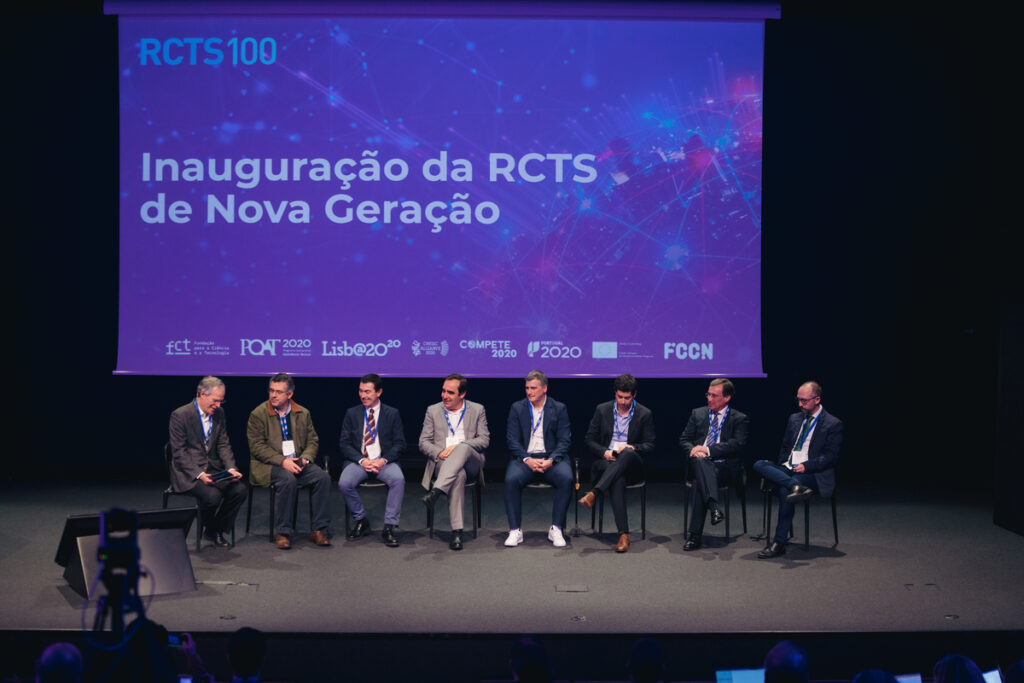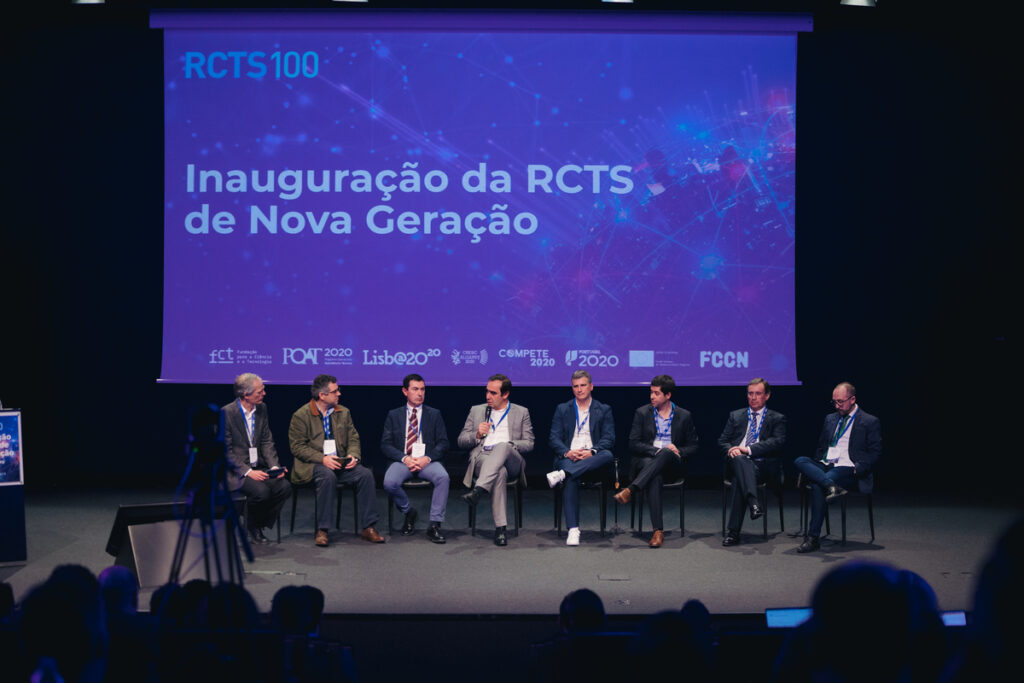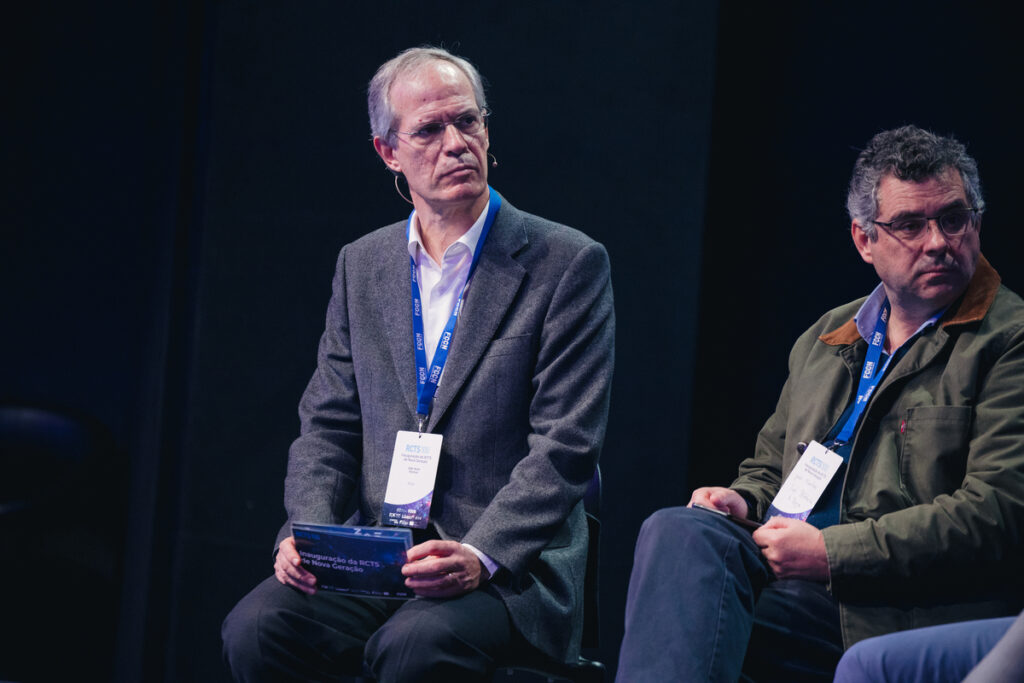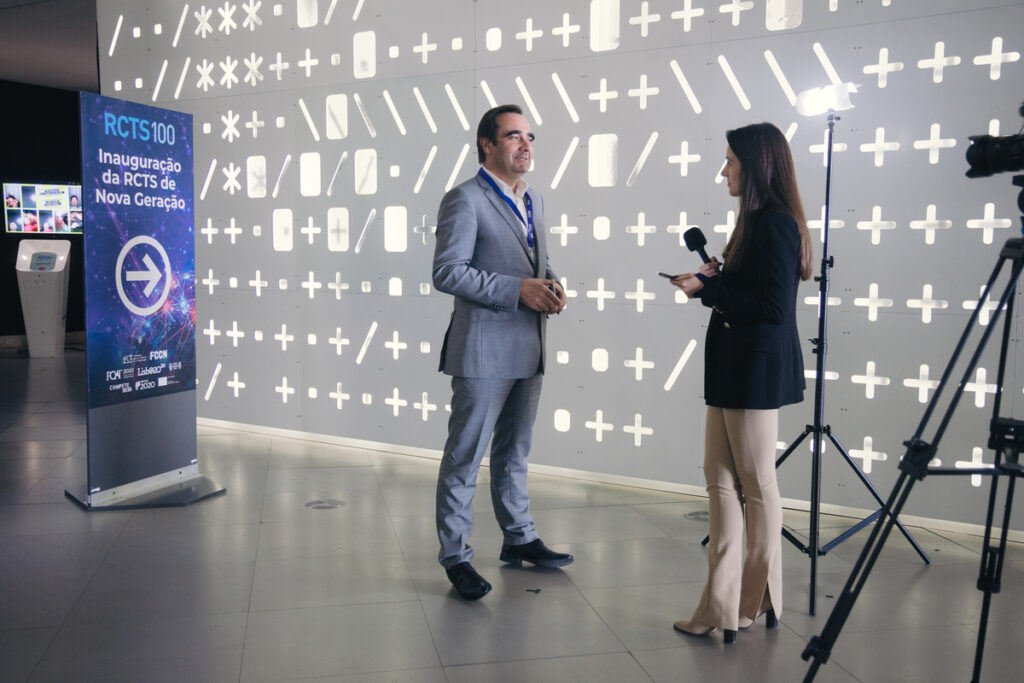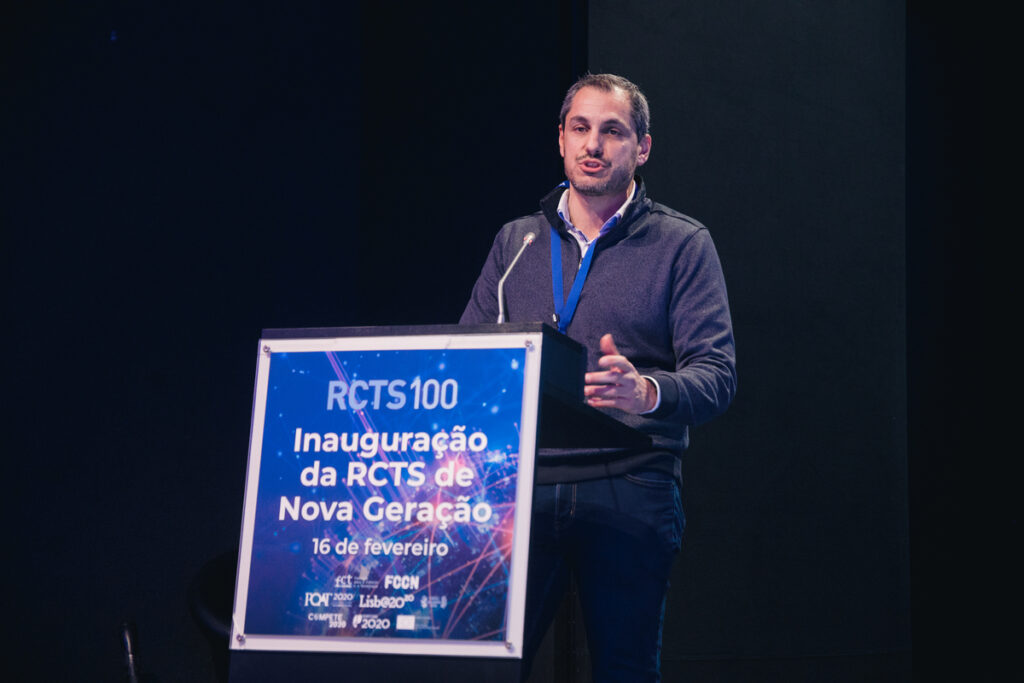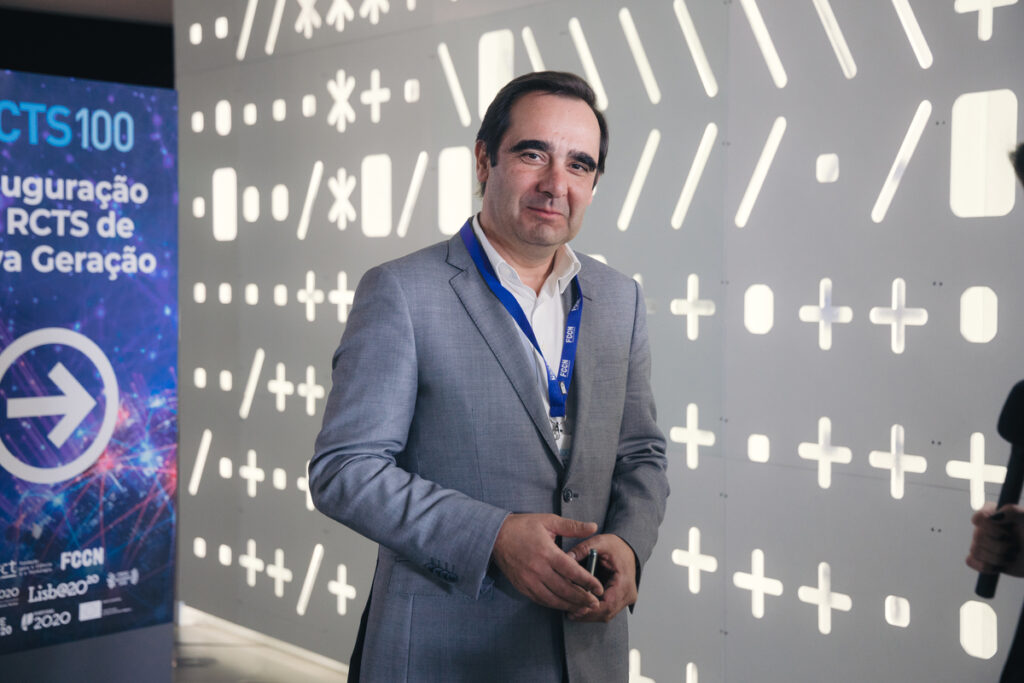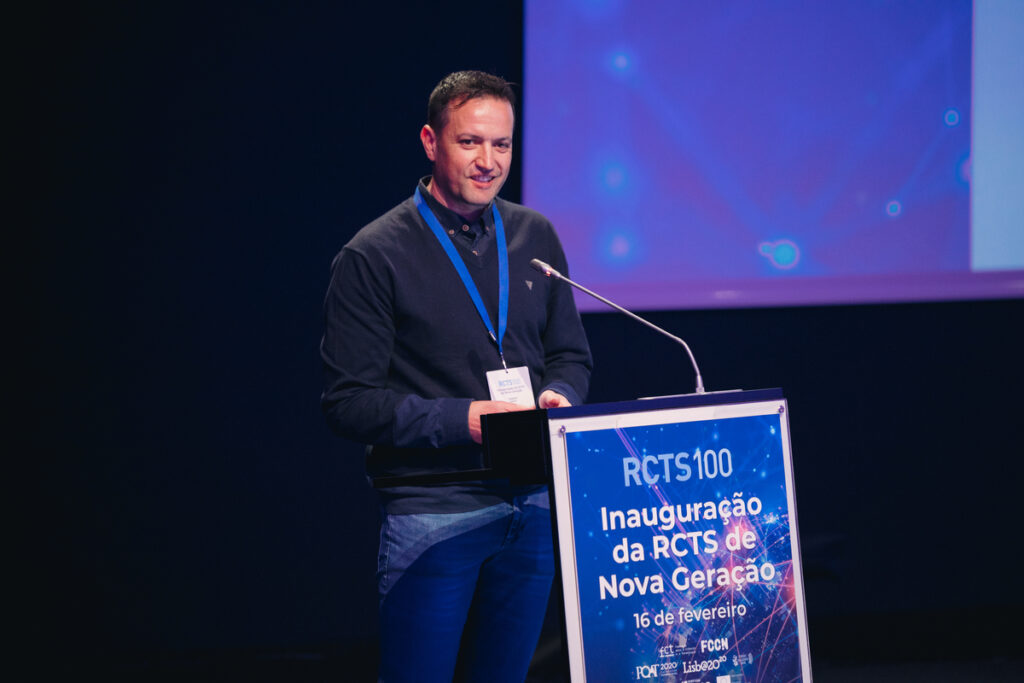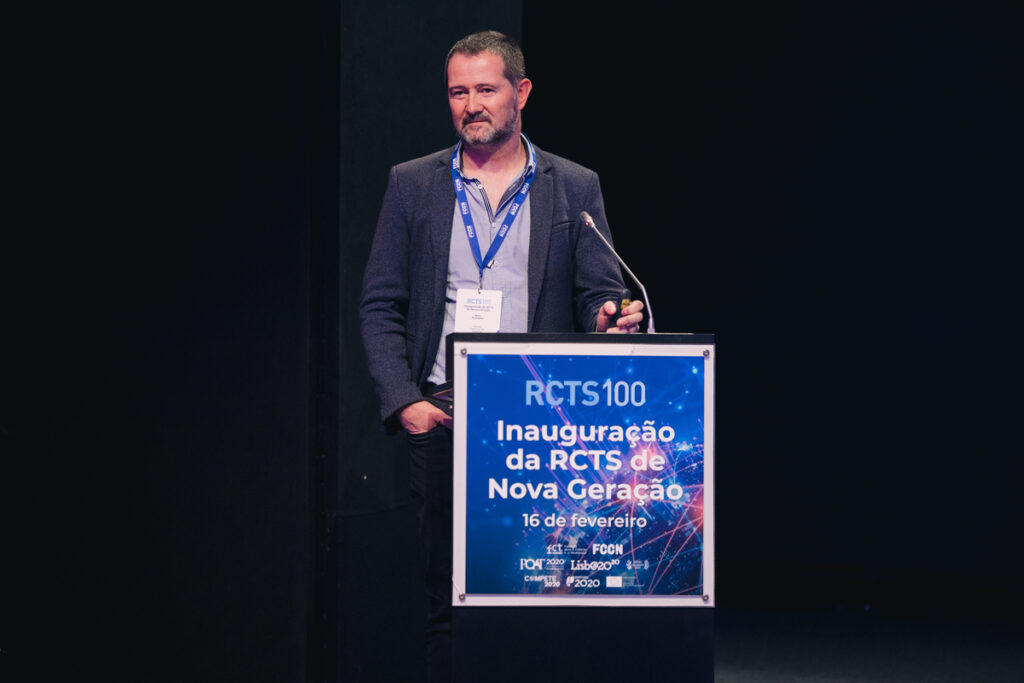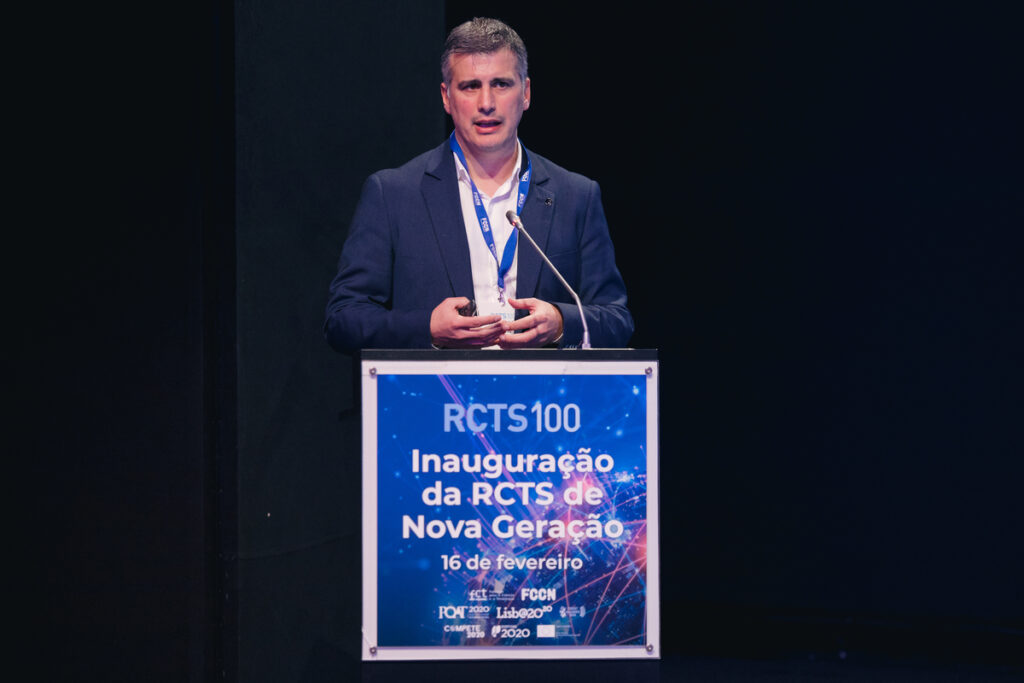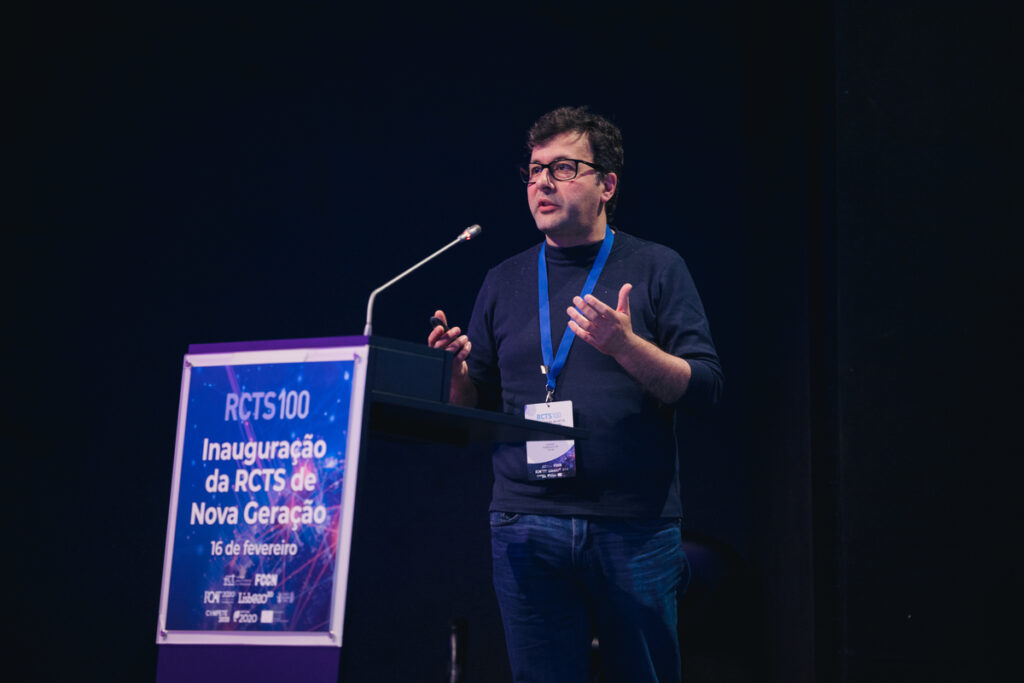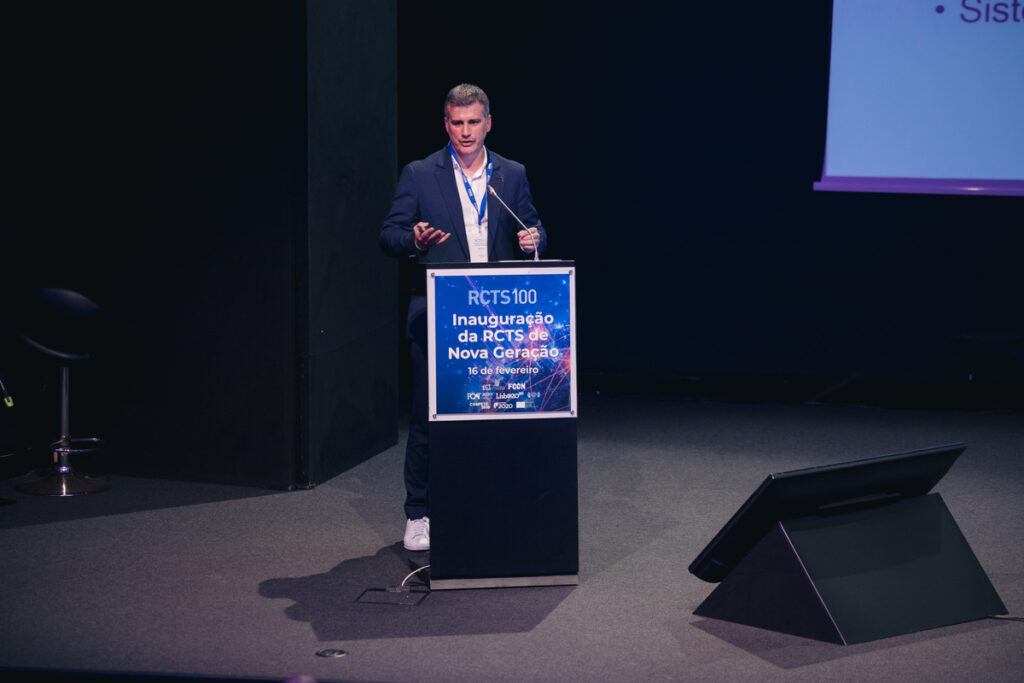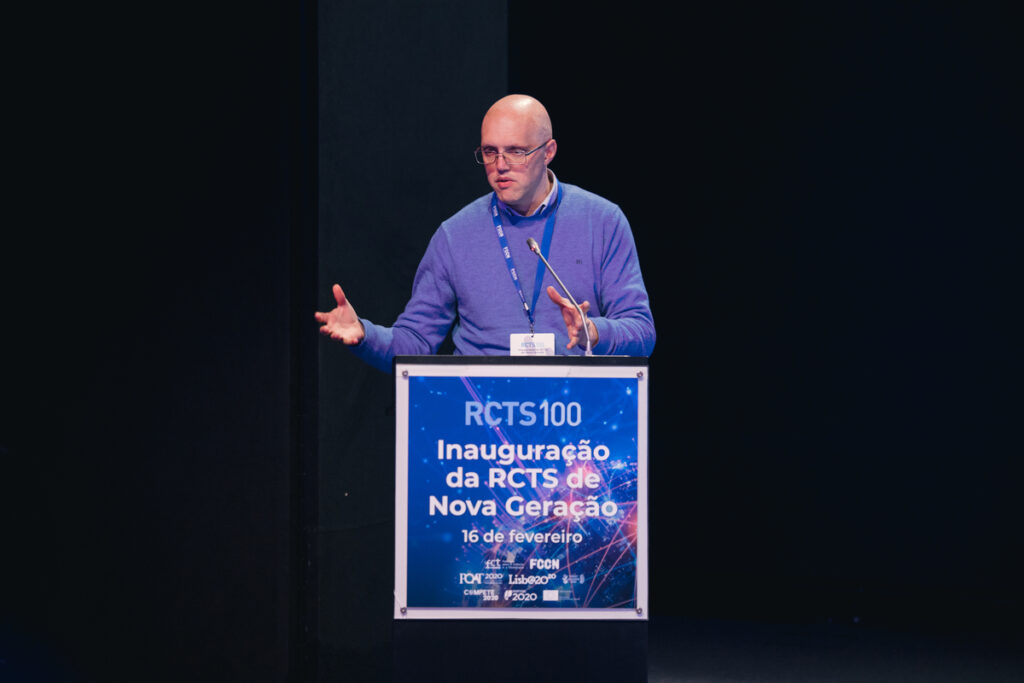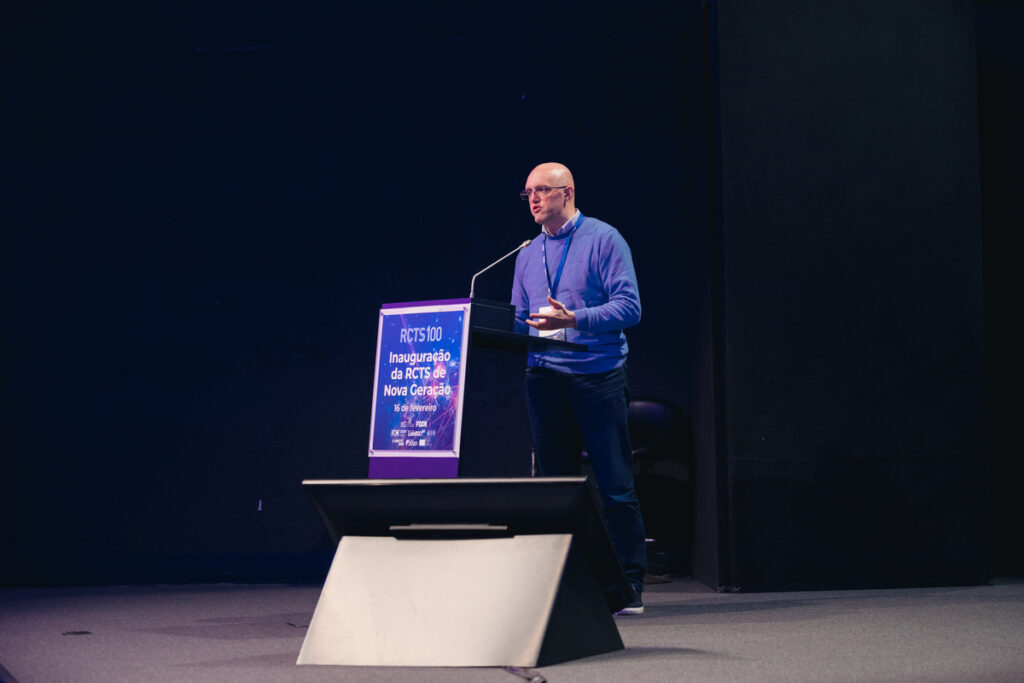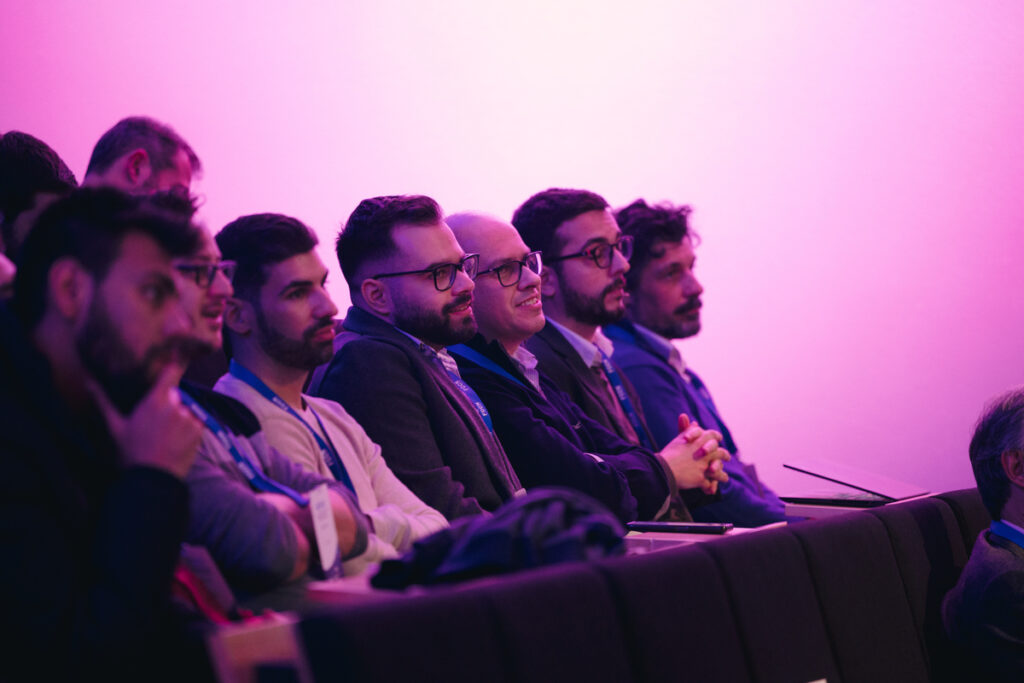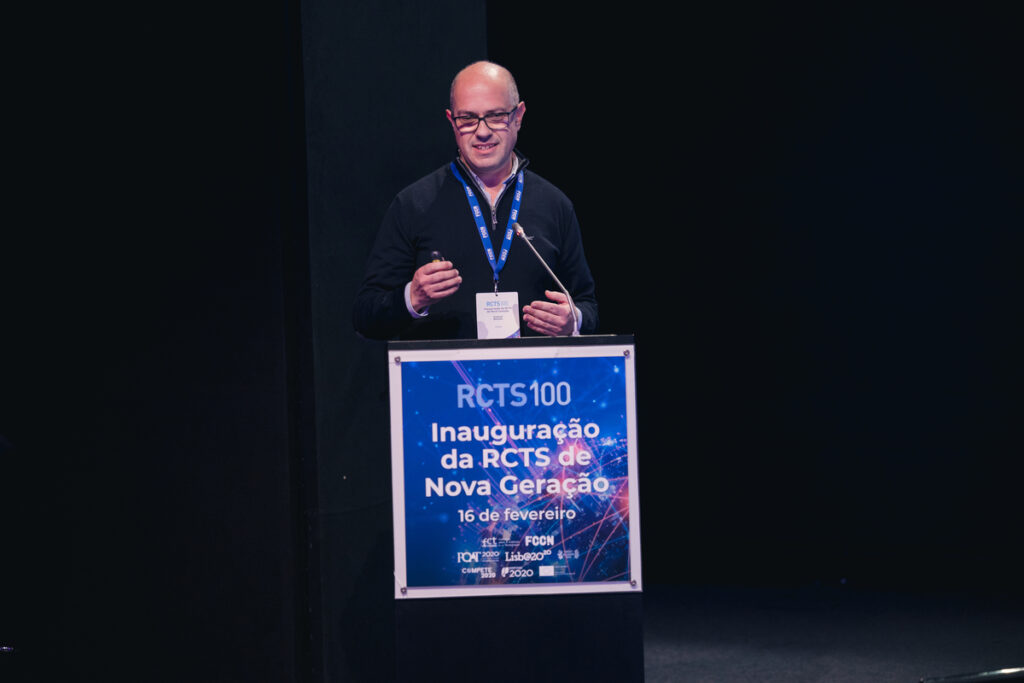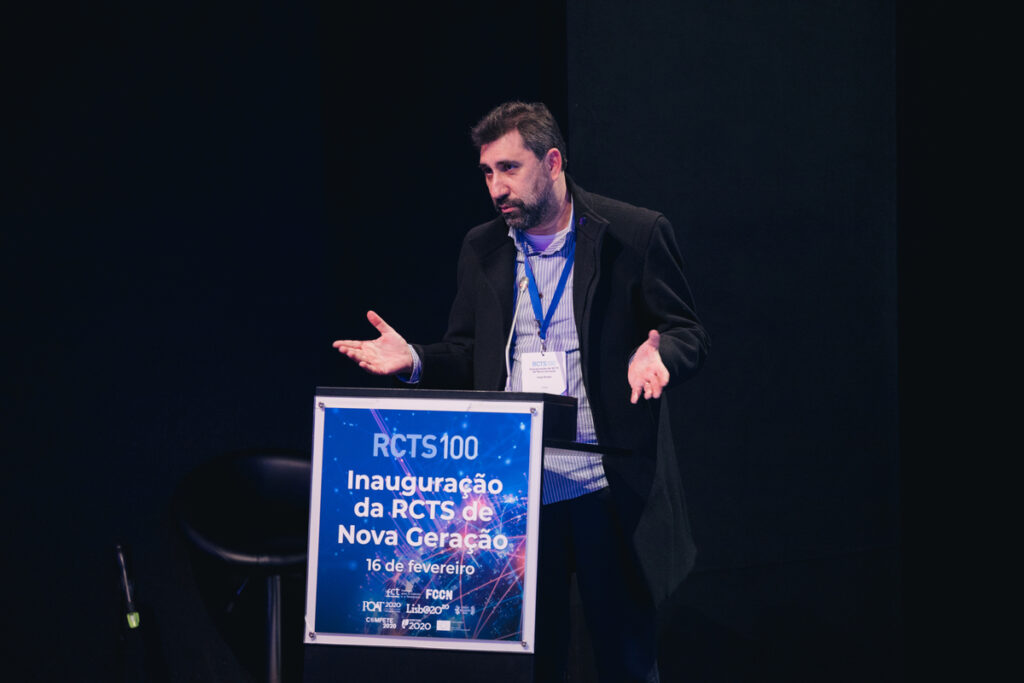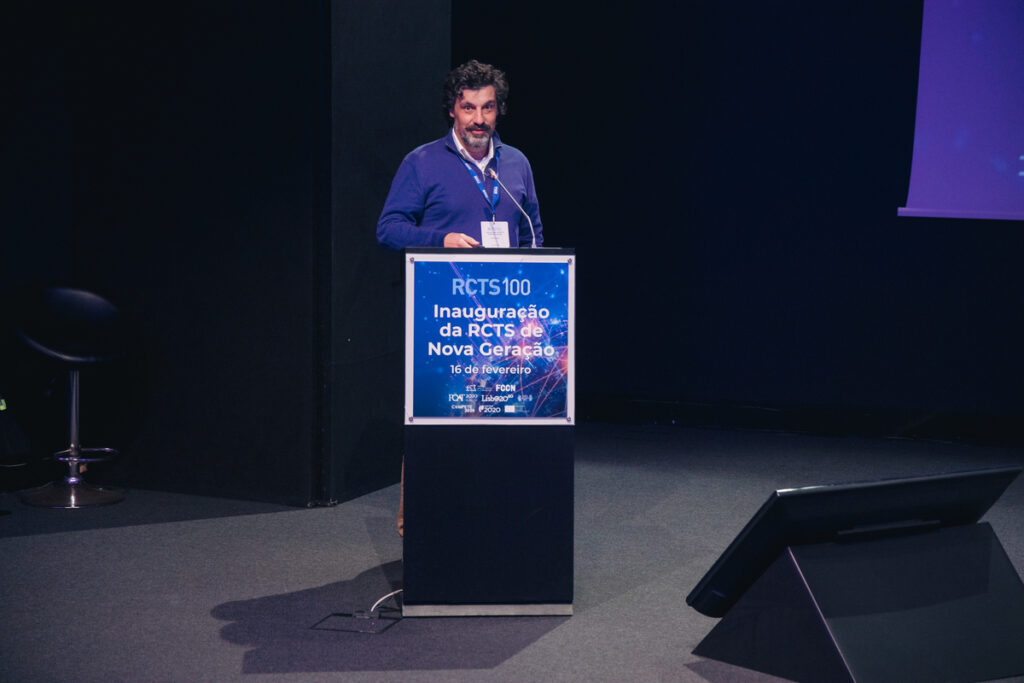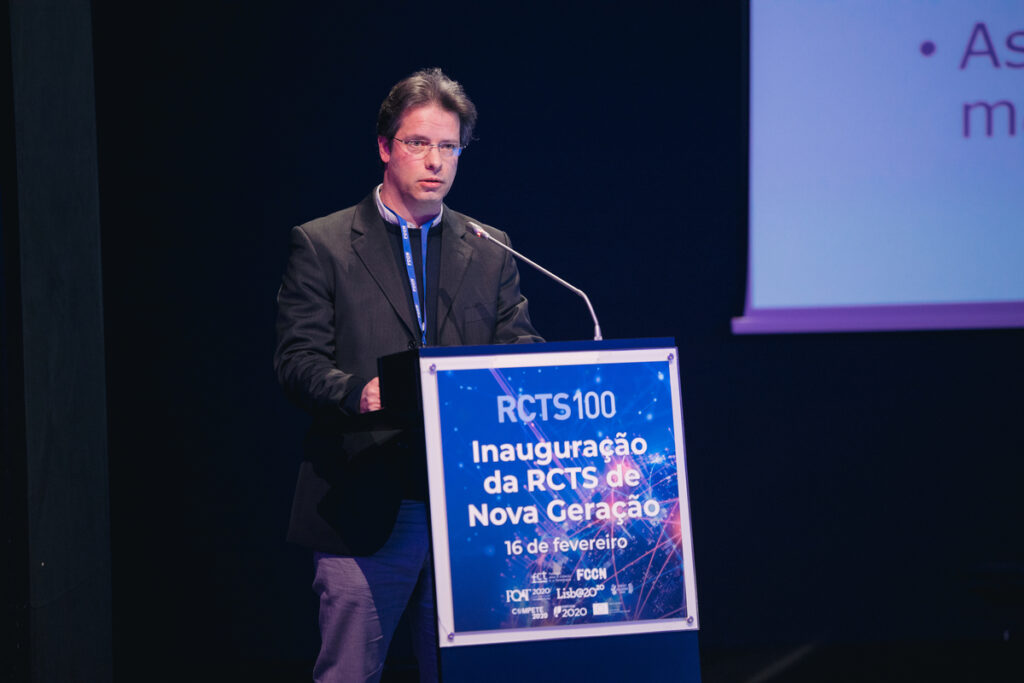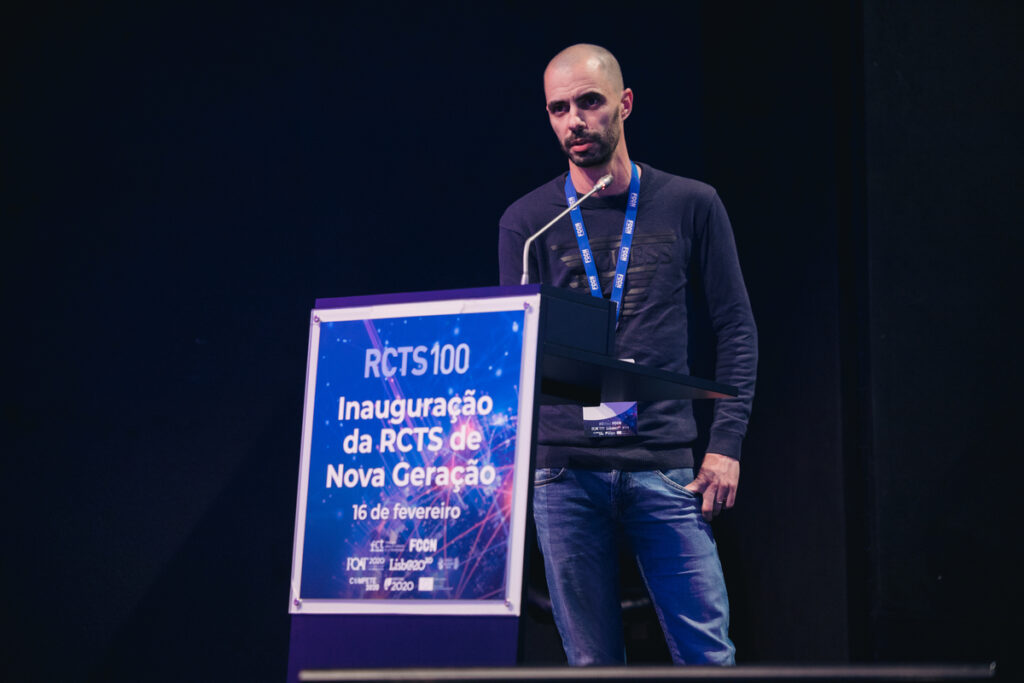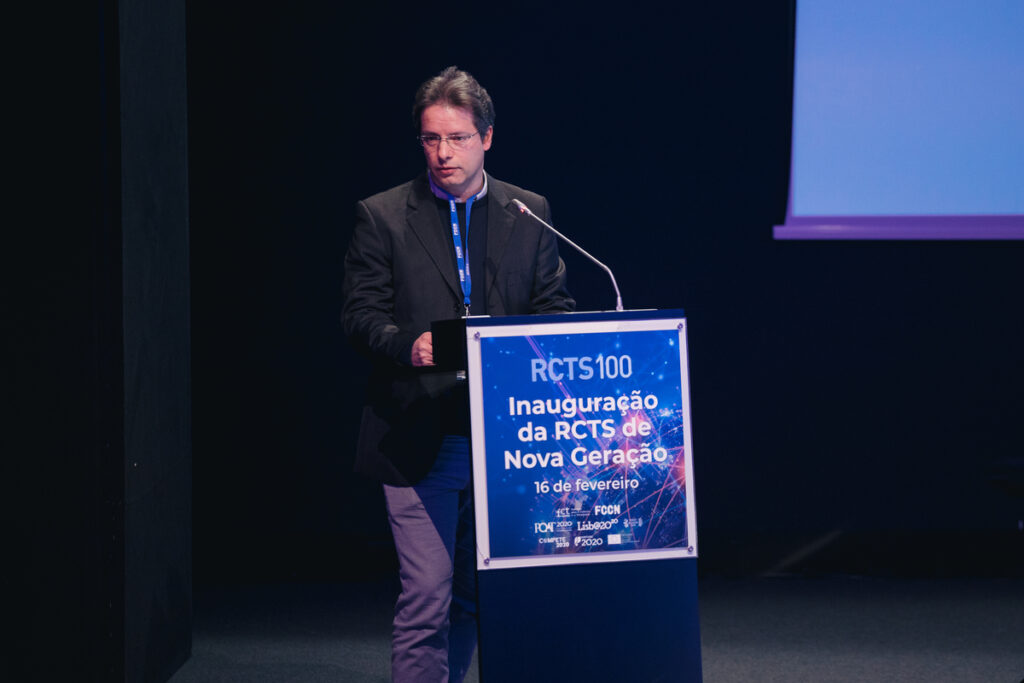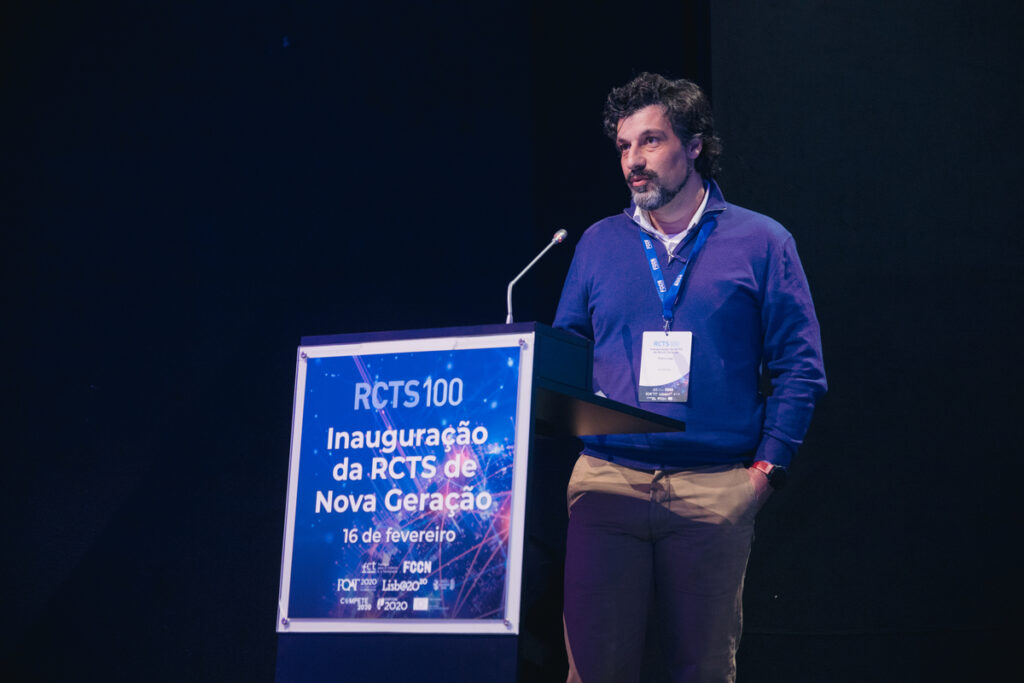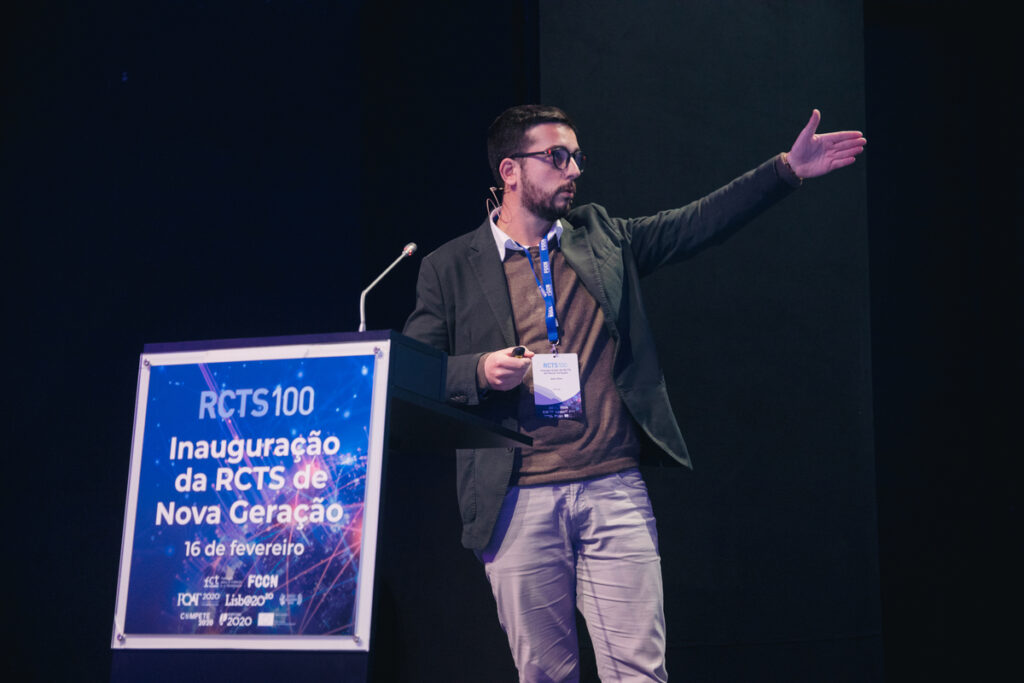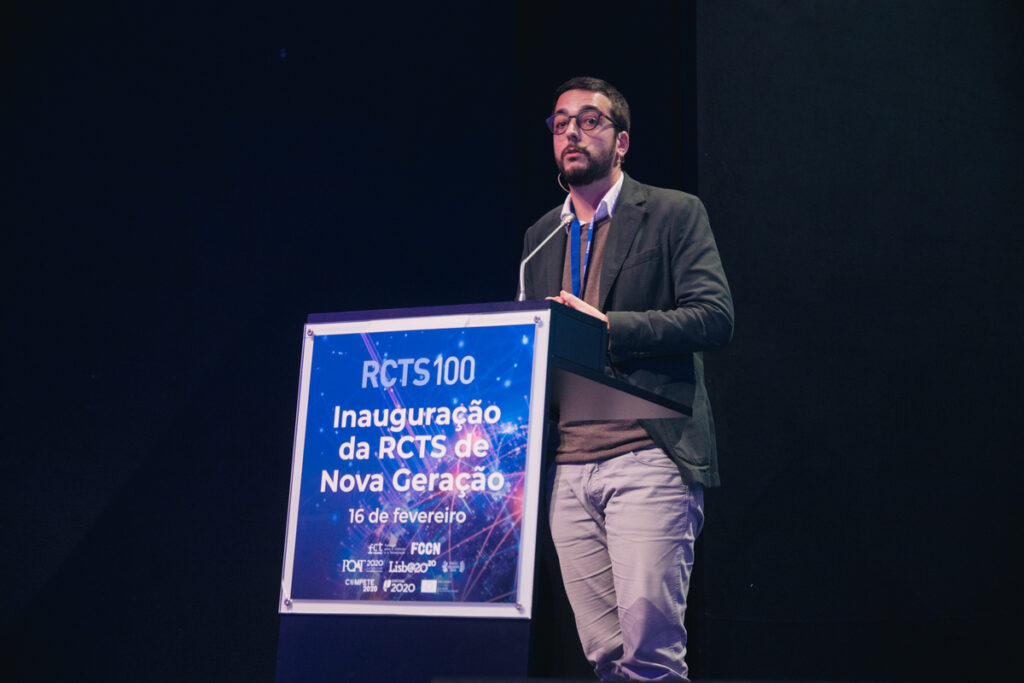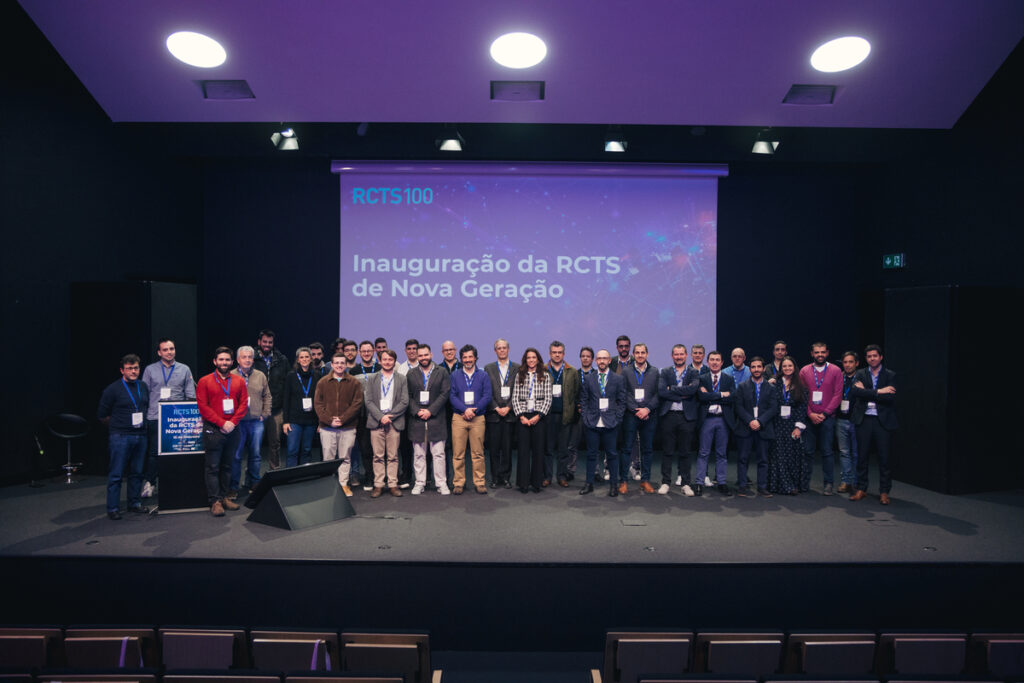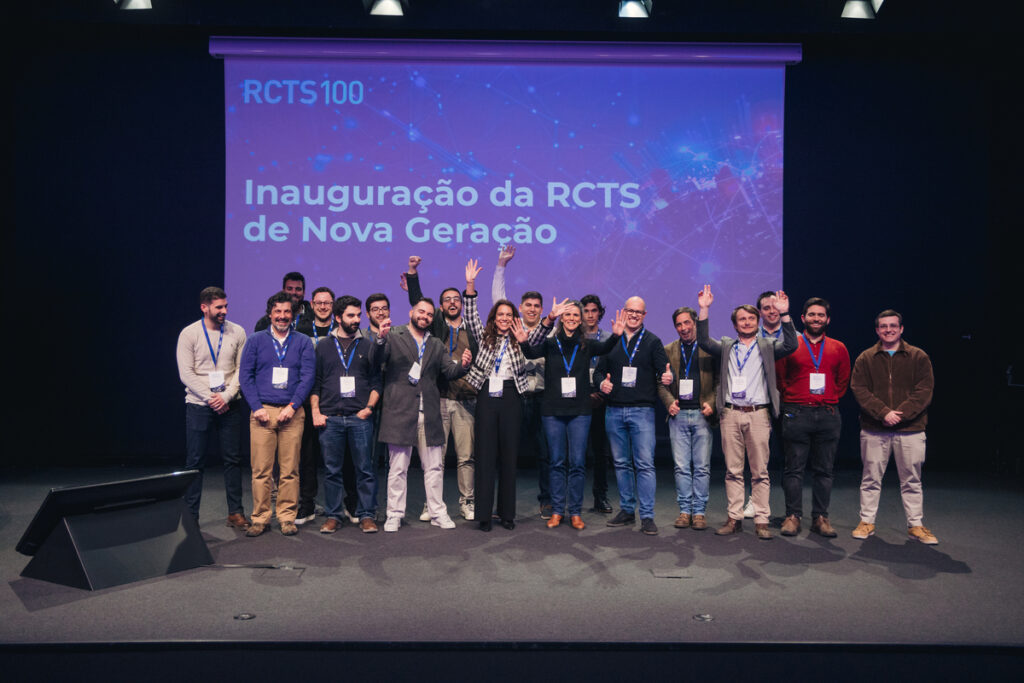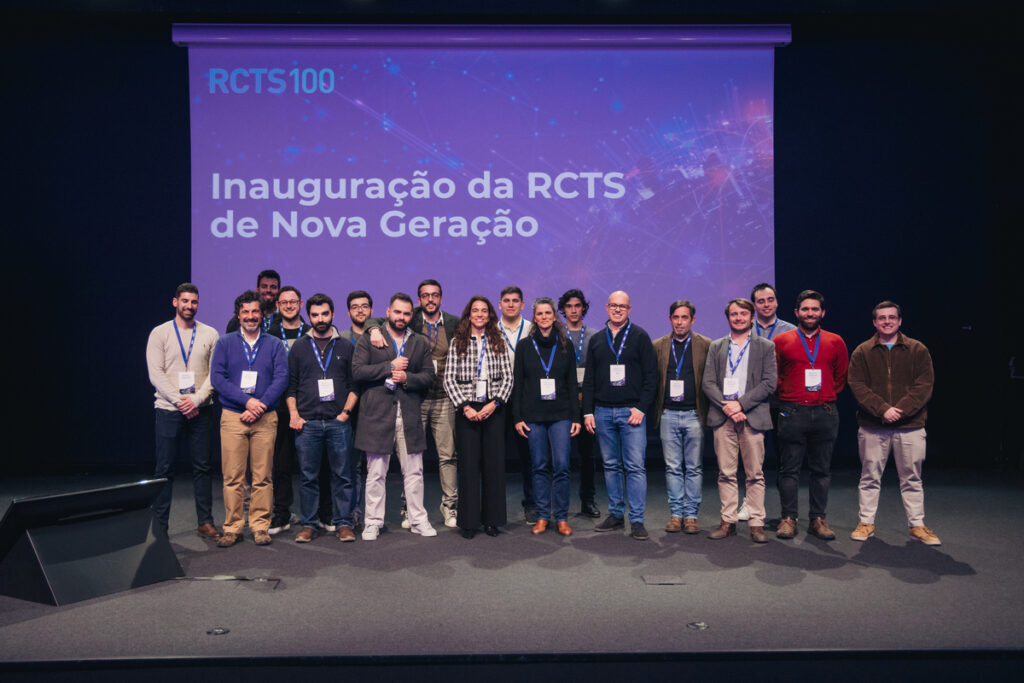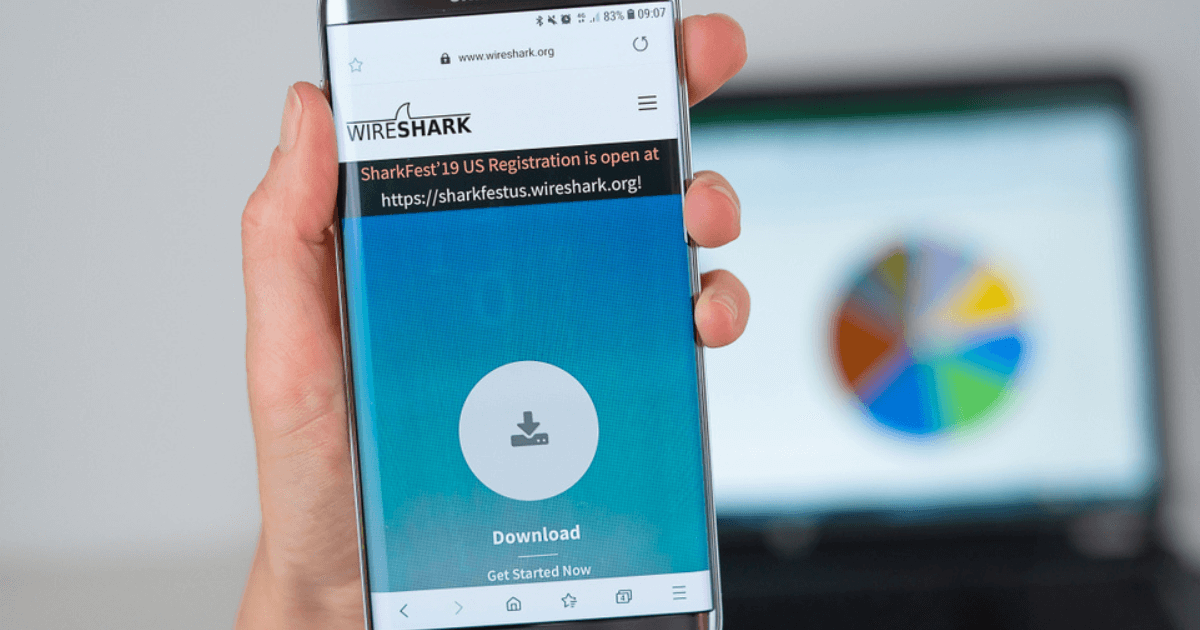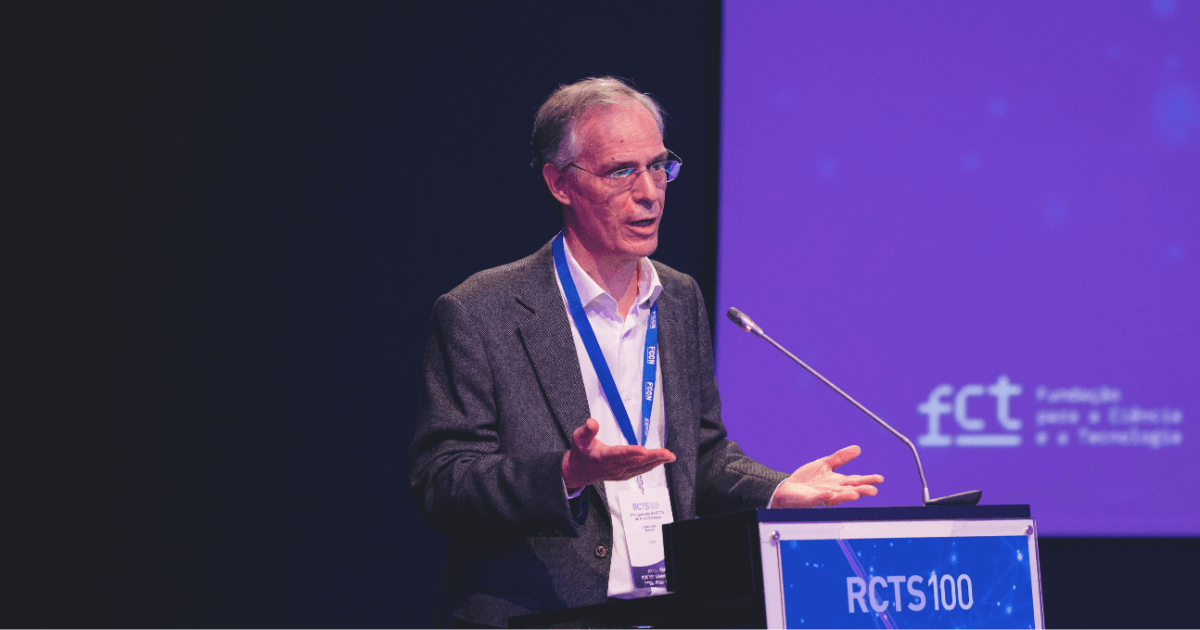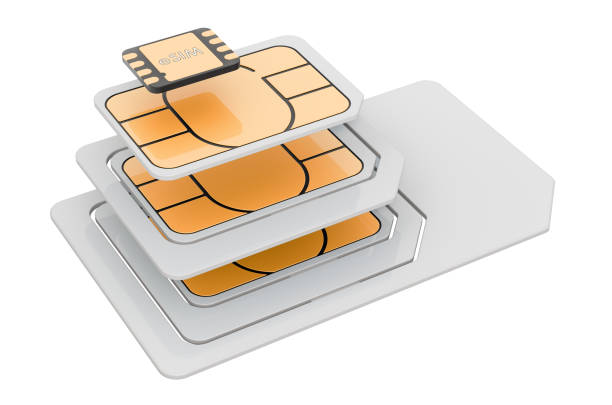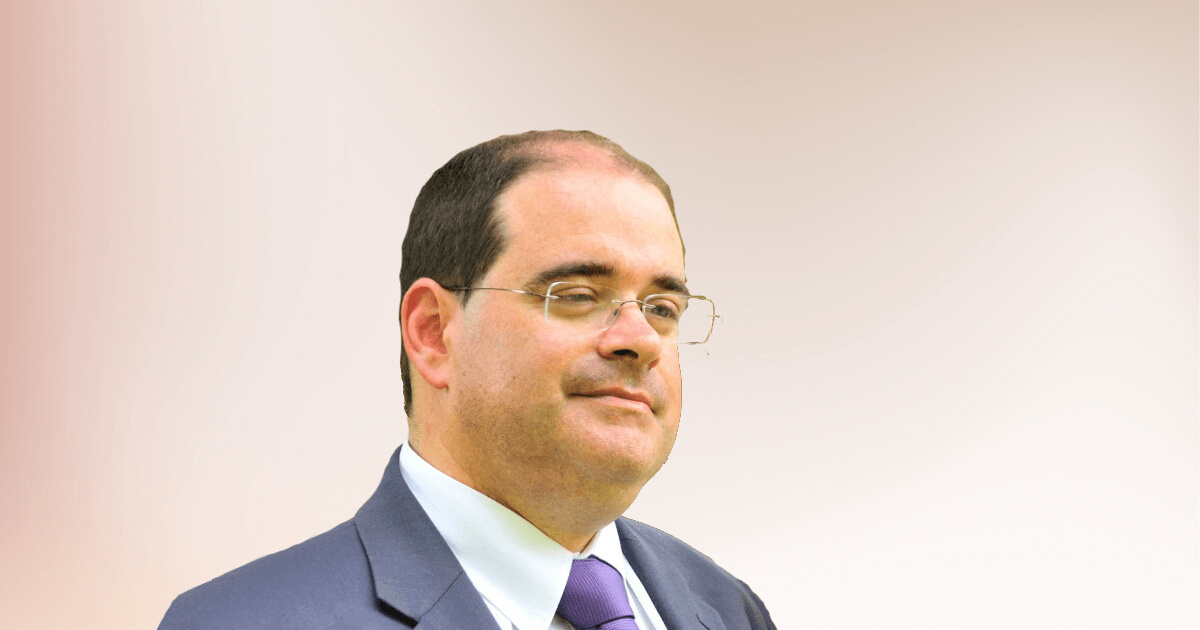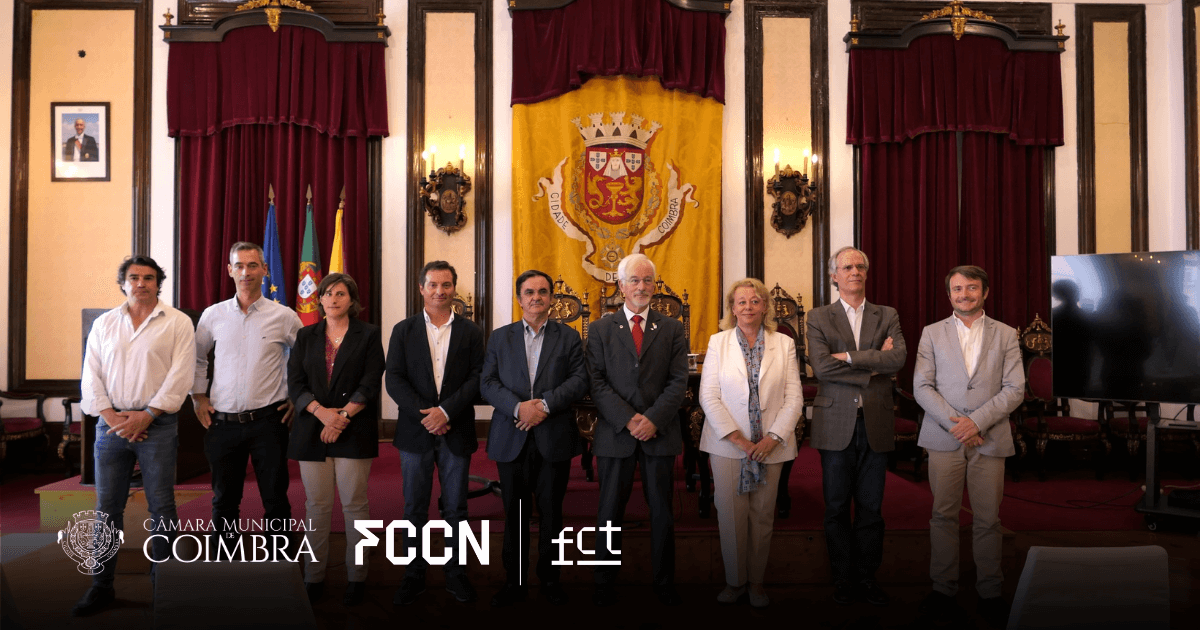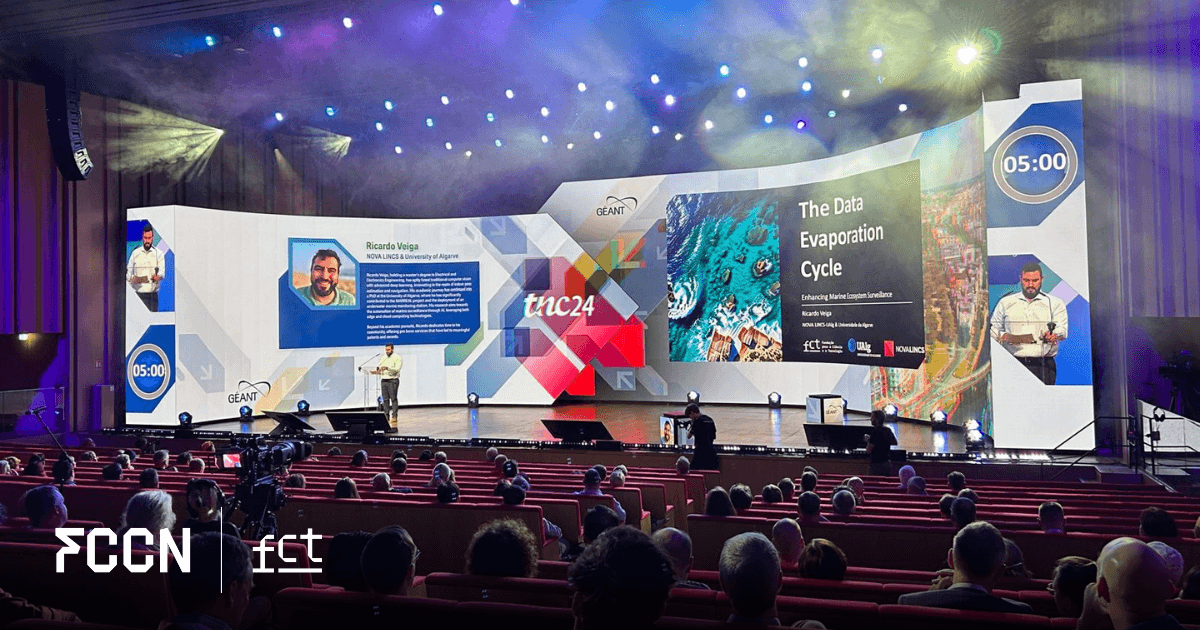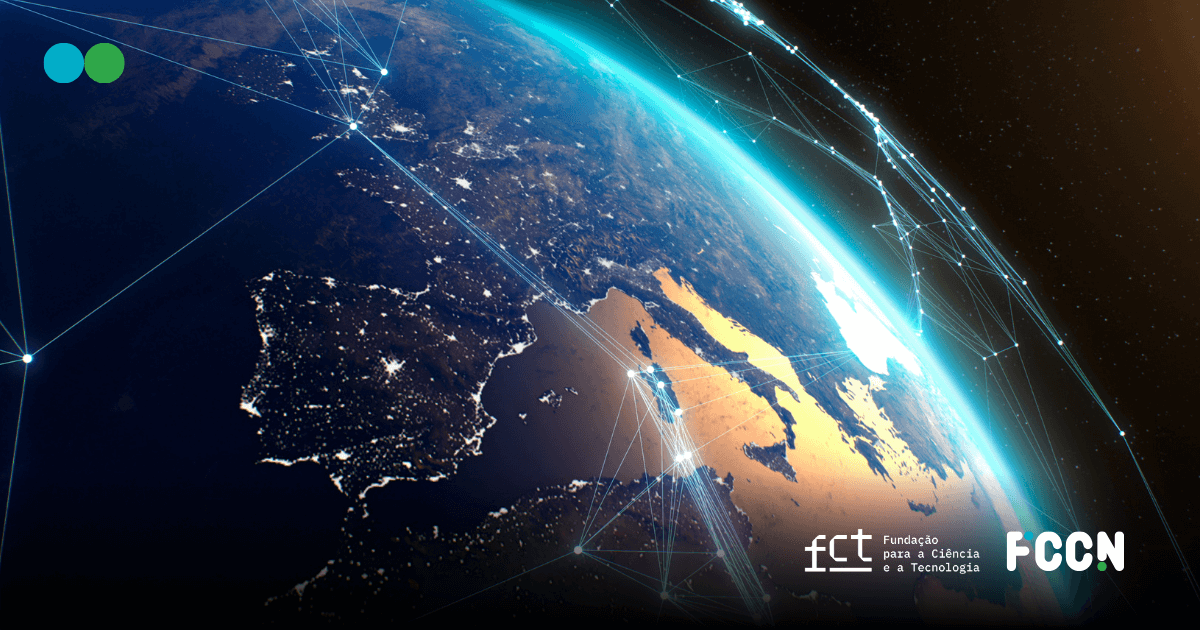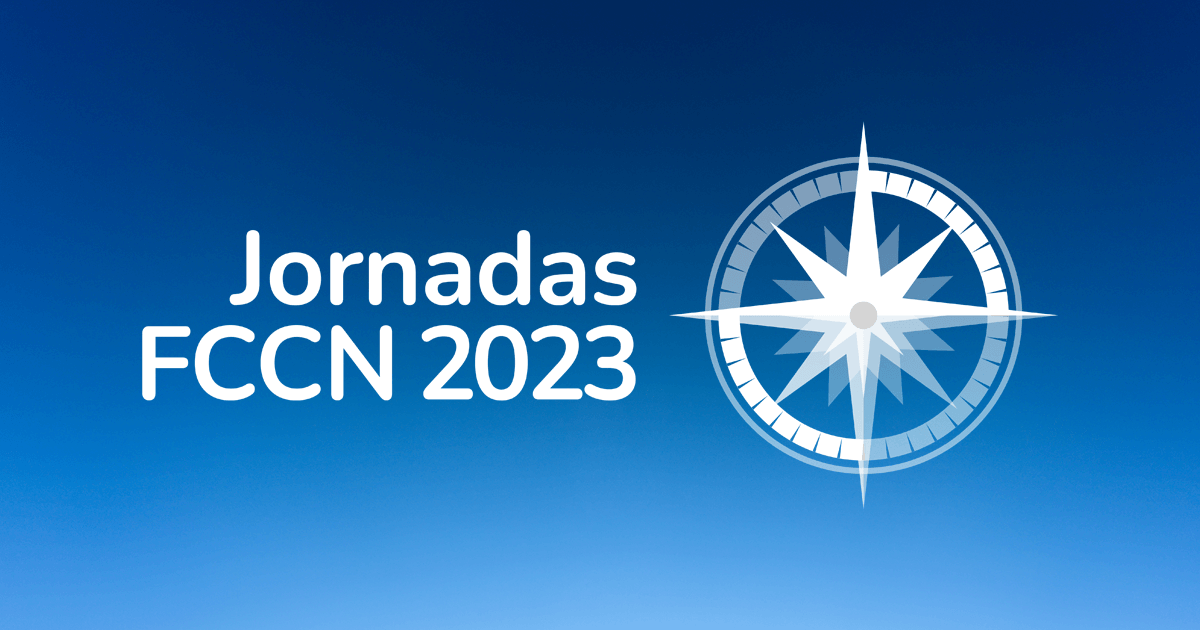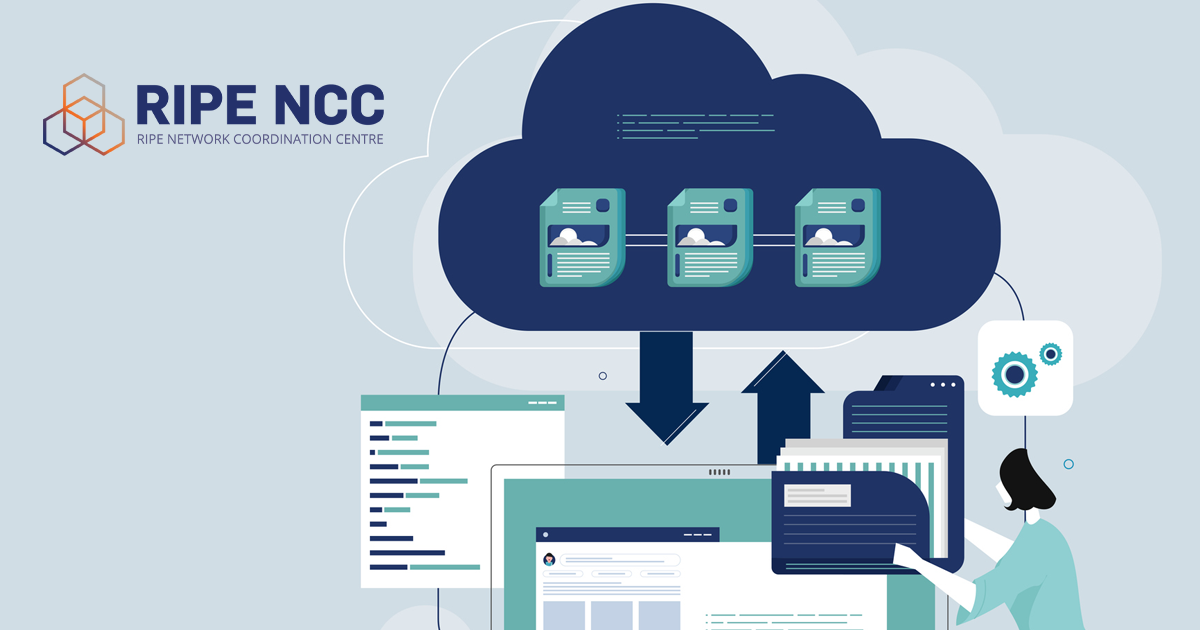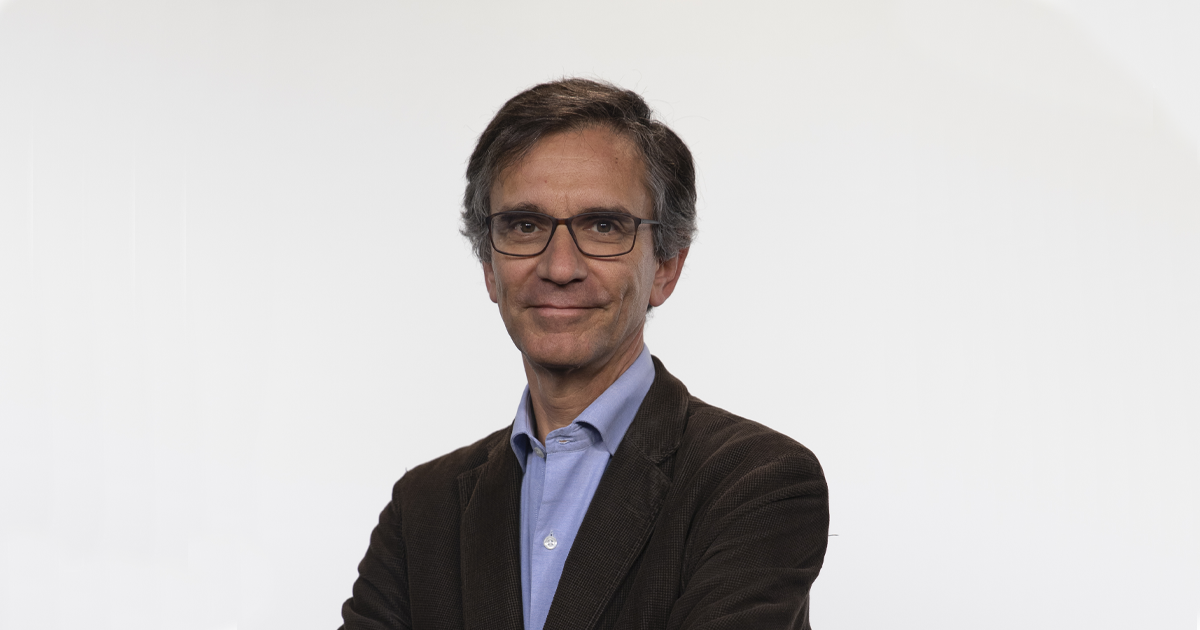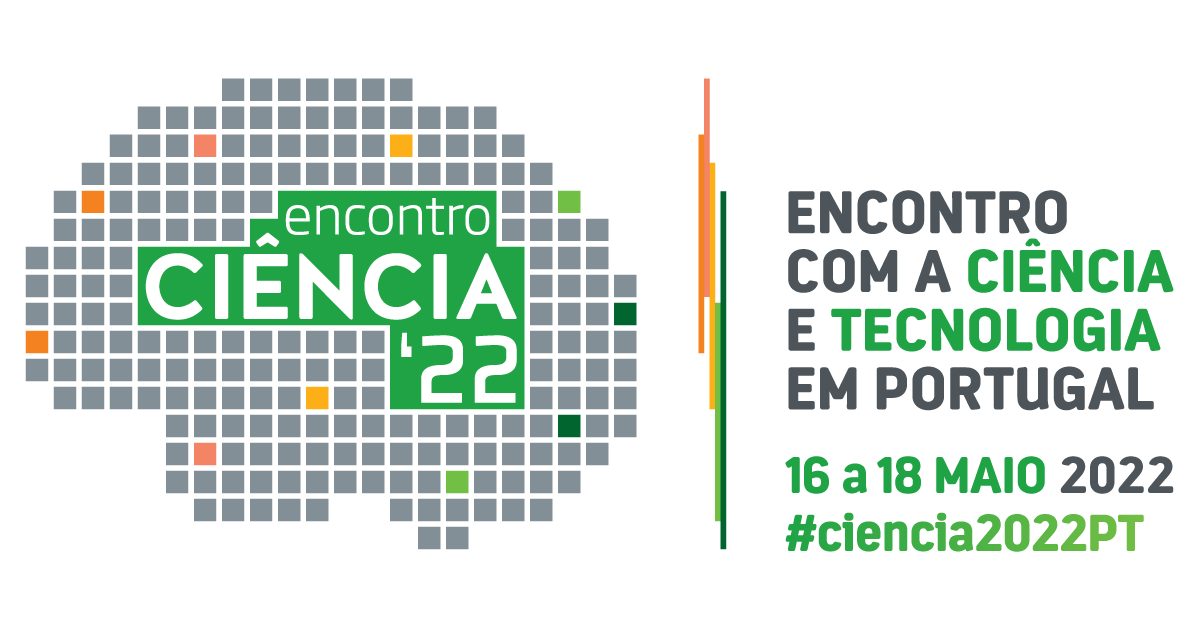On February 16th, the Centro Ciência Viva, in Lisbon, hosted the inauguration event for the Next Generation RCTS, achieved through the RCTS100 project.
- Project co-financed by the Technical Assistance Operational Program, Portugal 2020 and the European Union, through the European Regional Development Fund
At the Centro de Ciência Viva, representatives of education and research entities gathered to celebrate the new generation of the Science, Technology and Society Network (RCTS). The technological upgrade of the national research education network was leveraged by the RCTS100 project, a total investment of 17 million euros, 13 of which came from the European Regional Development Fund(ERDF), dedicated to "Strengthening research, technological development and innovation.
"The RCTS100 project was one of the most important, most structuring and most consequential in the entire history that I have known of FCCN," said the general coordinator of the FCCN Unit, João Nuno Ferreira, adding that "RCTS is the cornerstone that holds, glues and dissolves the distance between all the other services and all the other infrastructures."
The Science, Technology and Society Network (RCTS) is the digital Connectivity and Computing infrastructure, directed to the Research and Education community. This allows communication, collaboration and the development of new scientific knowledge.
The new generation of RCTS combats the "digital divide" and has led to a restructuring of the services that FCCN provides in the area of connectivity, but also in the areas of collaboration, security and knowledge. During the process, it was possible to guarantee the technological reinforcement of the local networks of 9 public Higher Education Institutions. Today, the network reaches all the district capitals, with thousands of kilometers of optical fibre.
A "before and after" of RCTS100
"It is a project very dear to the house, it represents the backbone of science and universities and polytechnics in Portugal. Without it it is very difficult to scale to any other type of digital science at the research level", explained the vice-president of FCT, Francisco Santos, pointing out that "from the point of view of networks, there is a before and after the RCTS100. Before we had a Network that was completely concentrated in the coast, now we have an inclusive Network".
"The implementation of the RCTS100 project has ensured a common communications platform that covers the entire national territory, reaching all district capitals, and which guarantees the provision of the same set of advanced services to education and research entities, regardless of their location," said Ana Pinto, Director of the Networks Area at FCCN.
This equal access to the network, regardless of the area in which the institution is located, combats the "digital divide" - which is characterized, technically, by differentiated access to services depending on location. Some Institutions of Higher Education did not have available the whole RCTS portfolio of connectivity services, which "put them on an unequal footing, because there was contrast and asymmetry in access to services," explained Ana Pinto.
An example of this inequality, which is now being mitigated, is that some entities have gone from 1Gbps internet connections to 100Gbs, a sharp increase in network and internet access capacity, and now have the possibility of activating multiple connections, at 10 or 100Gbps, dedicated to research projects, as described by the Director of the Unit's Network Service FCCN , adding that, for entities to be able to take advantage of all this installed capacity, it was very important to train the internal network of some HEIs, also carried out under the RCTS100 project.
So far, the RCTS100 Project has had a very positive impact on institutions, largely reducing complaints from the educational community, as was witnessed by the IT directors of several HEIs present at the event.
In the future, the intention is to raise the necessary funding to break the "digital divide" that still exists on connections to the Autonomous Regions of Madeira and the Azores.
See in the Gallery below some of the key moments of the event.
